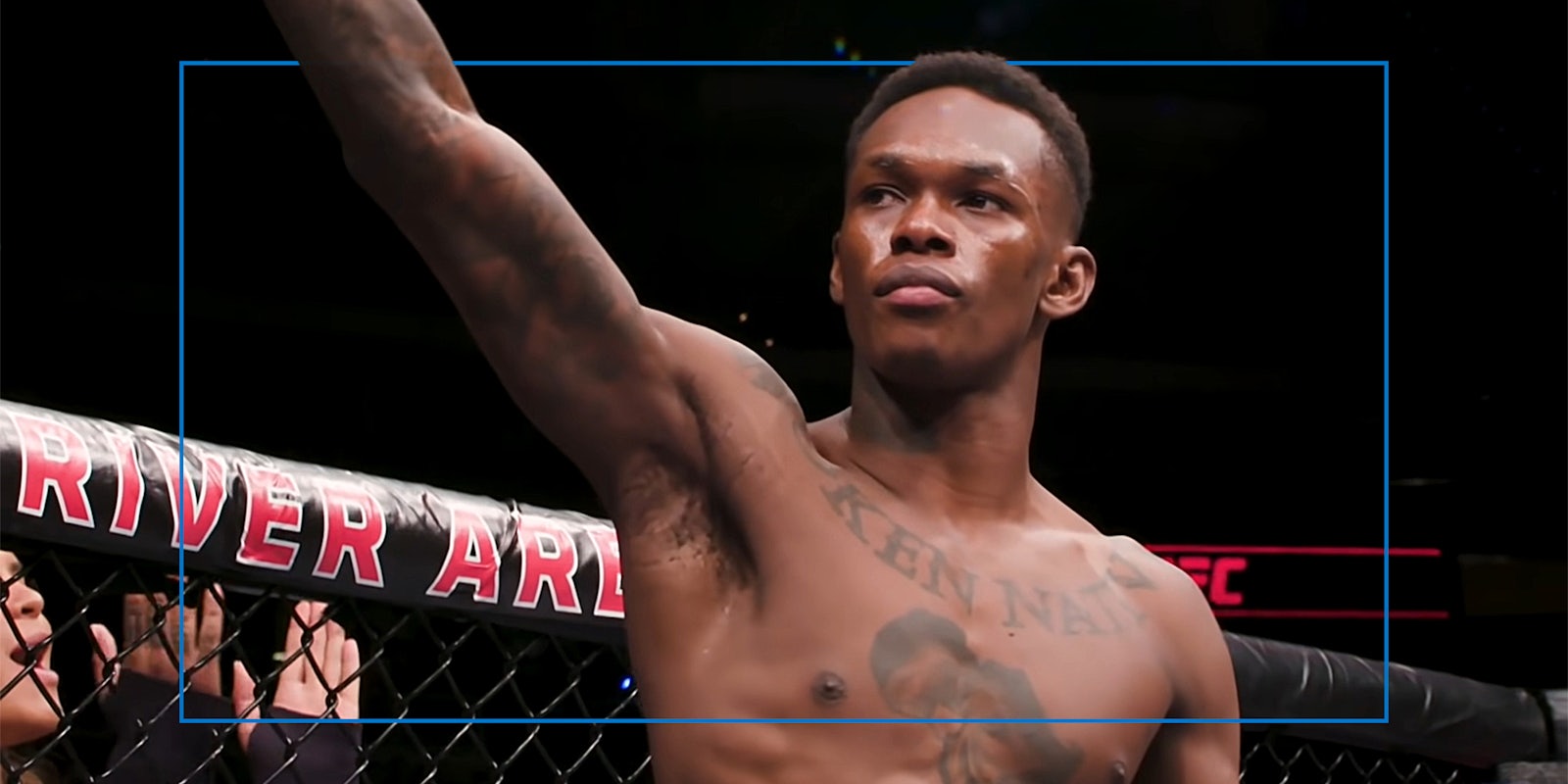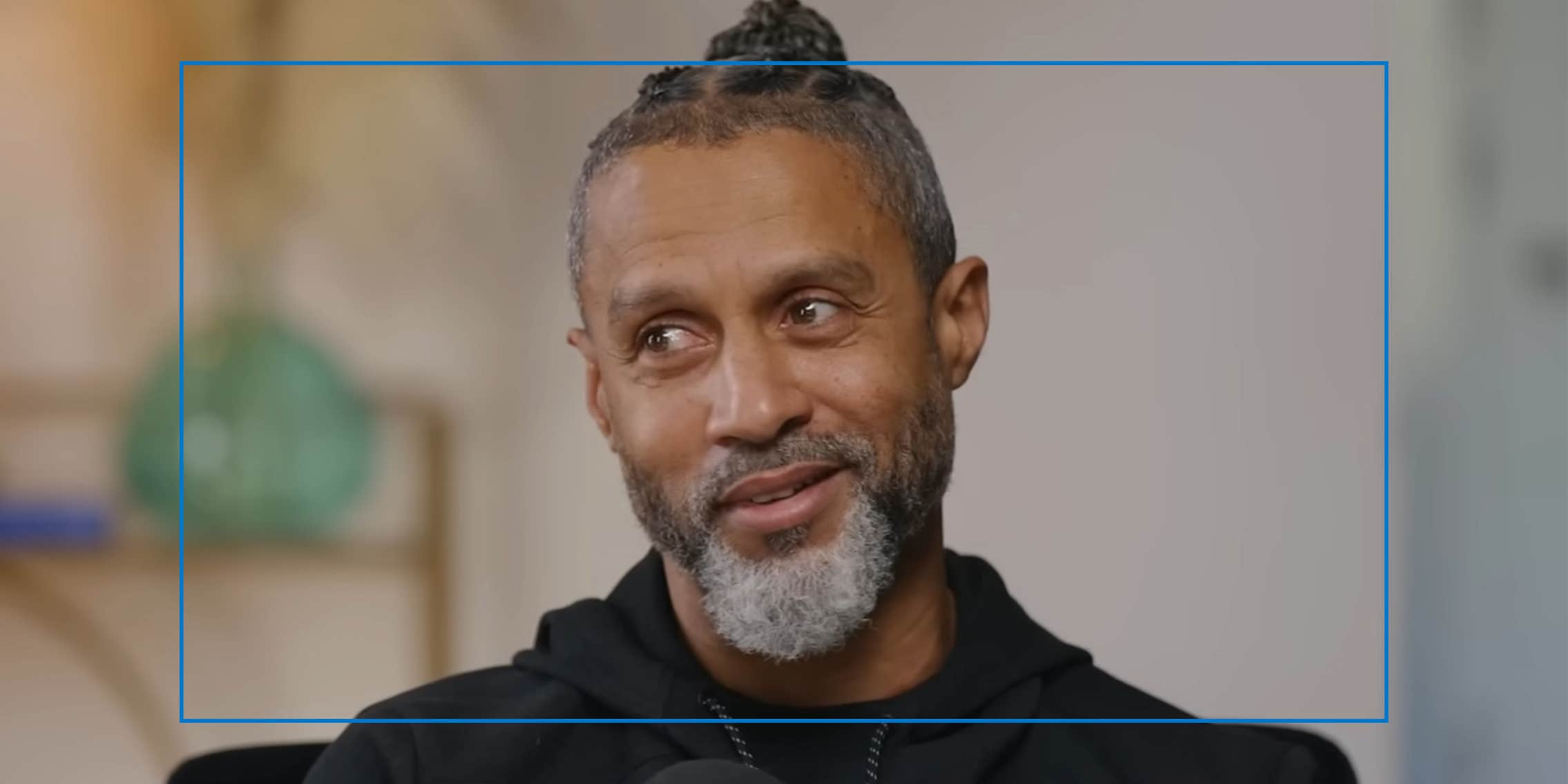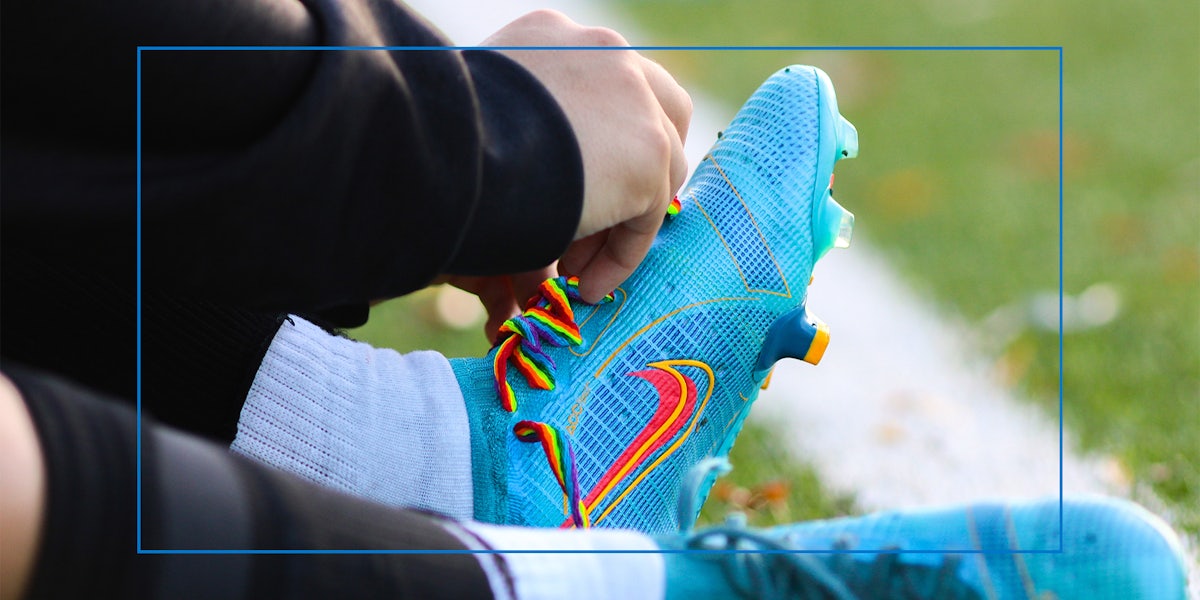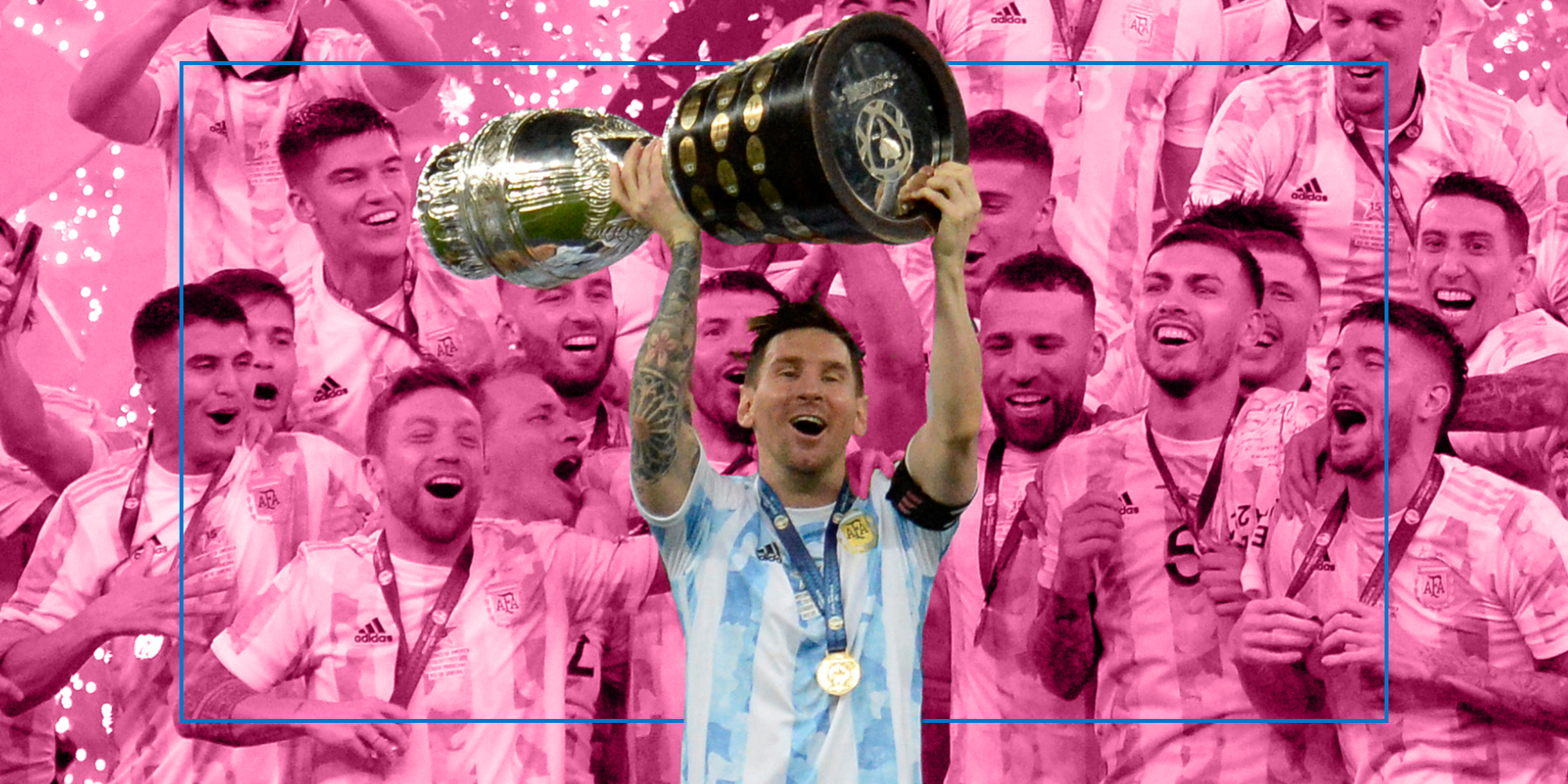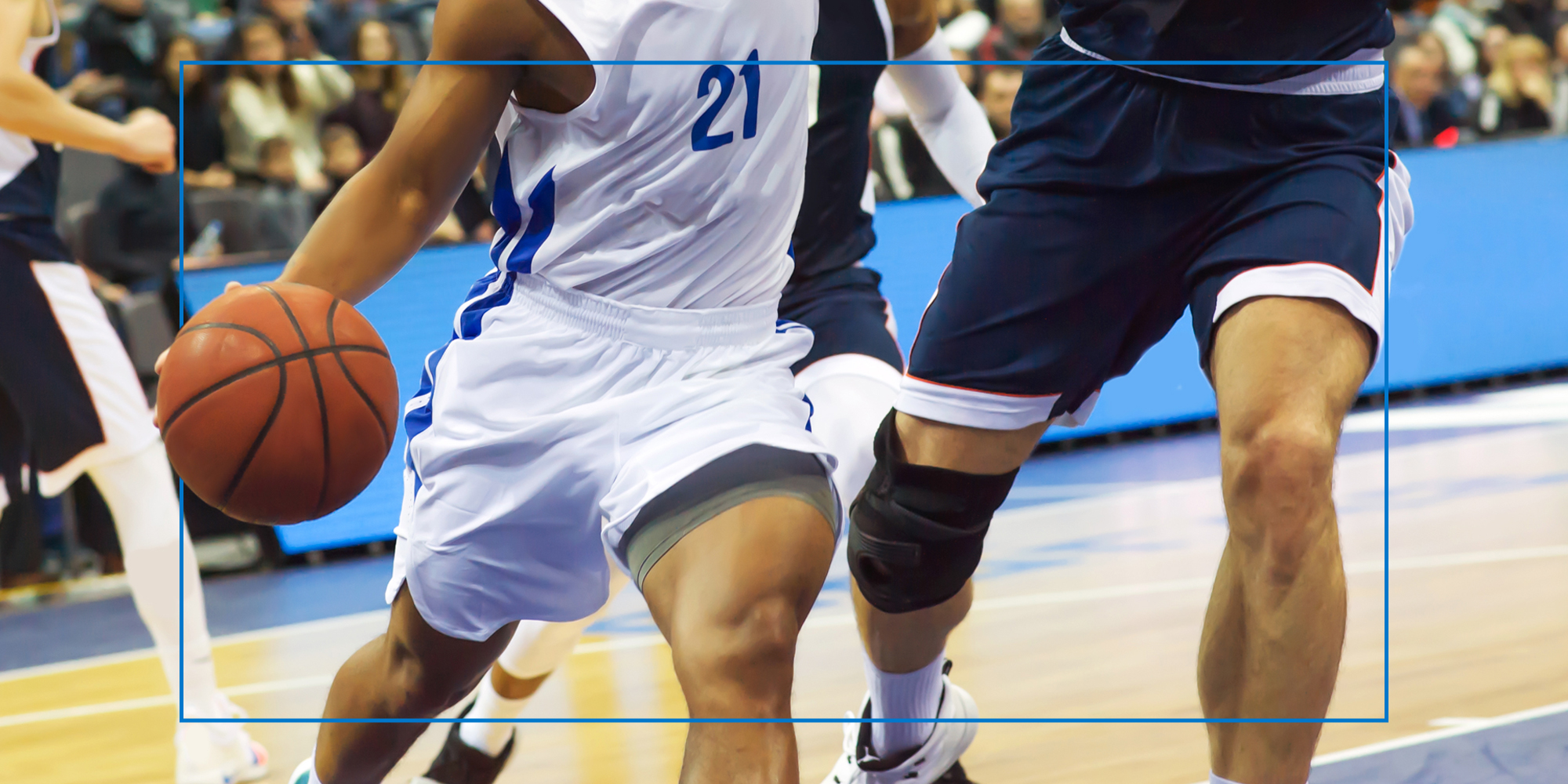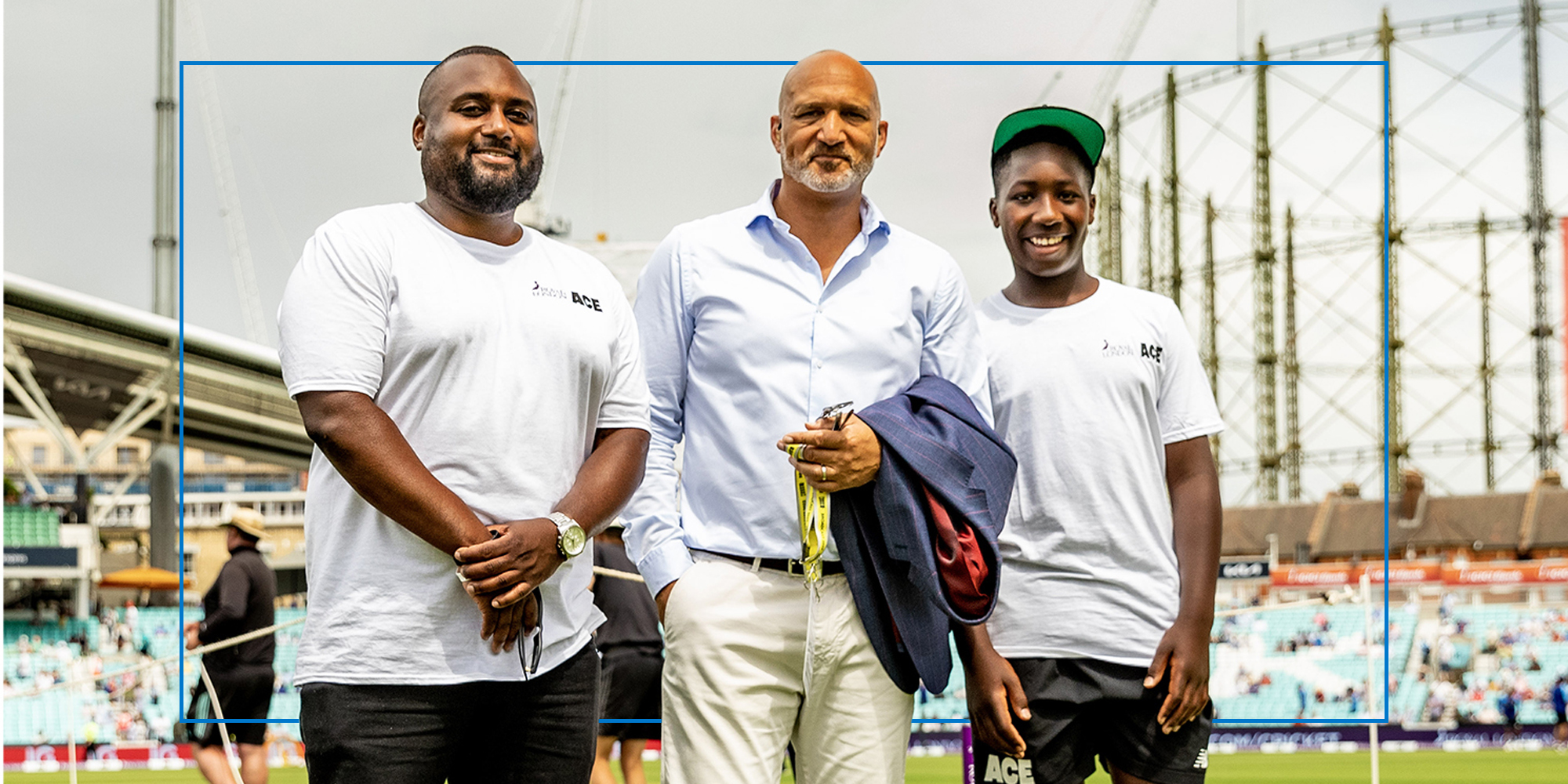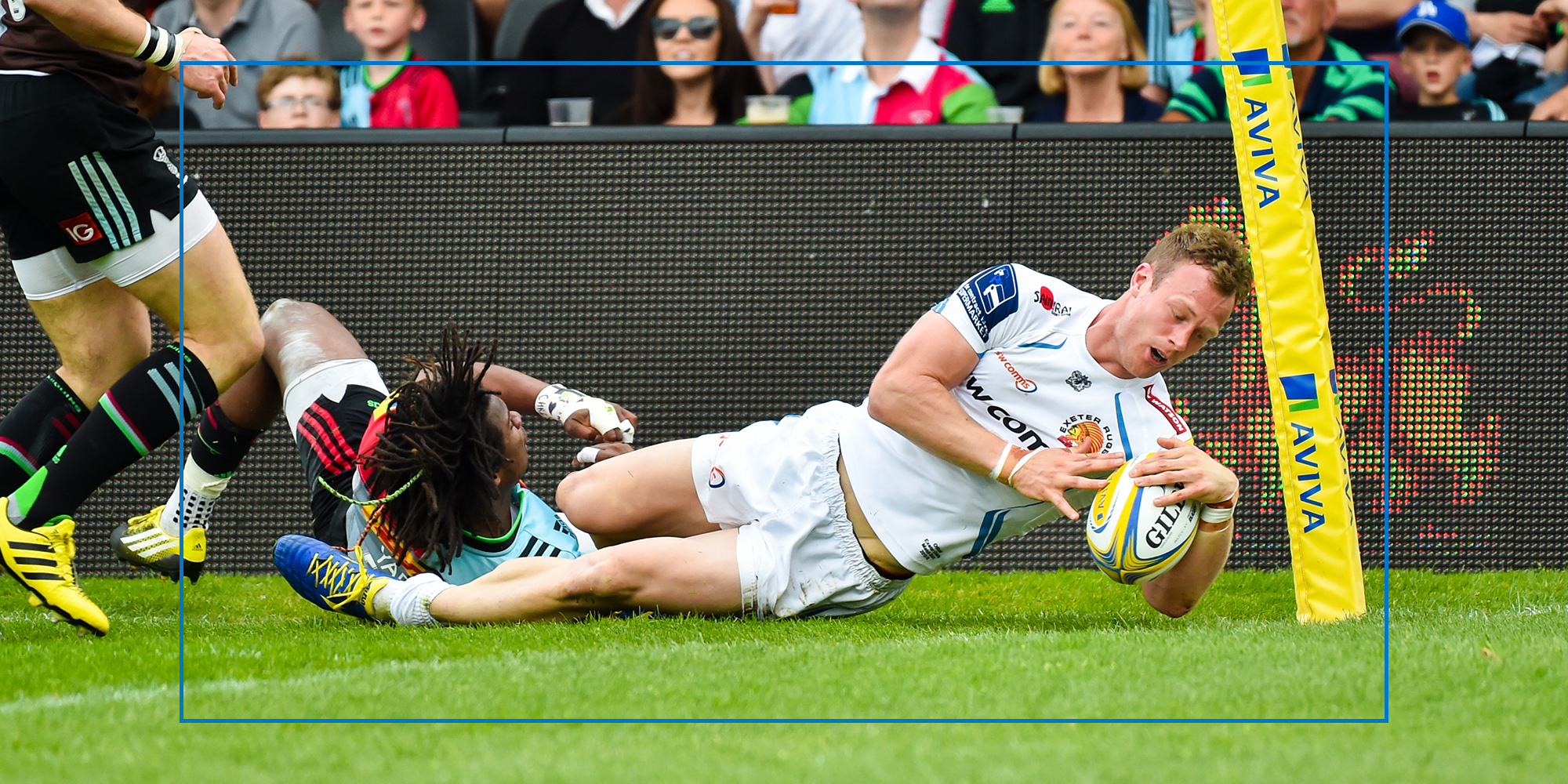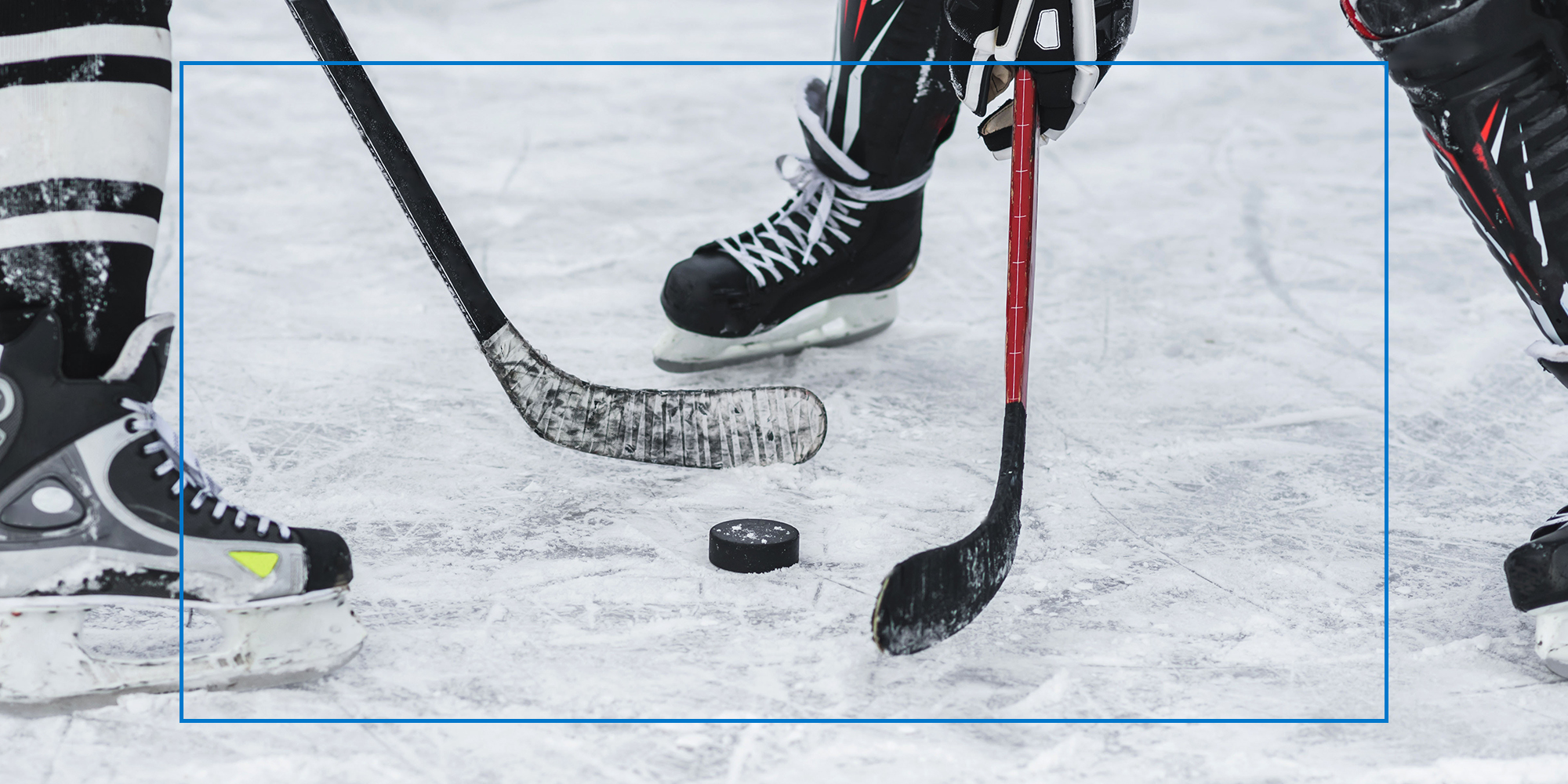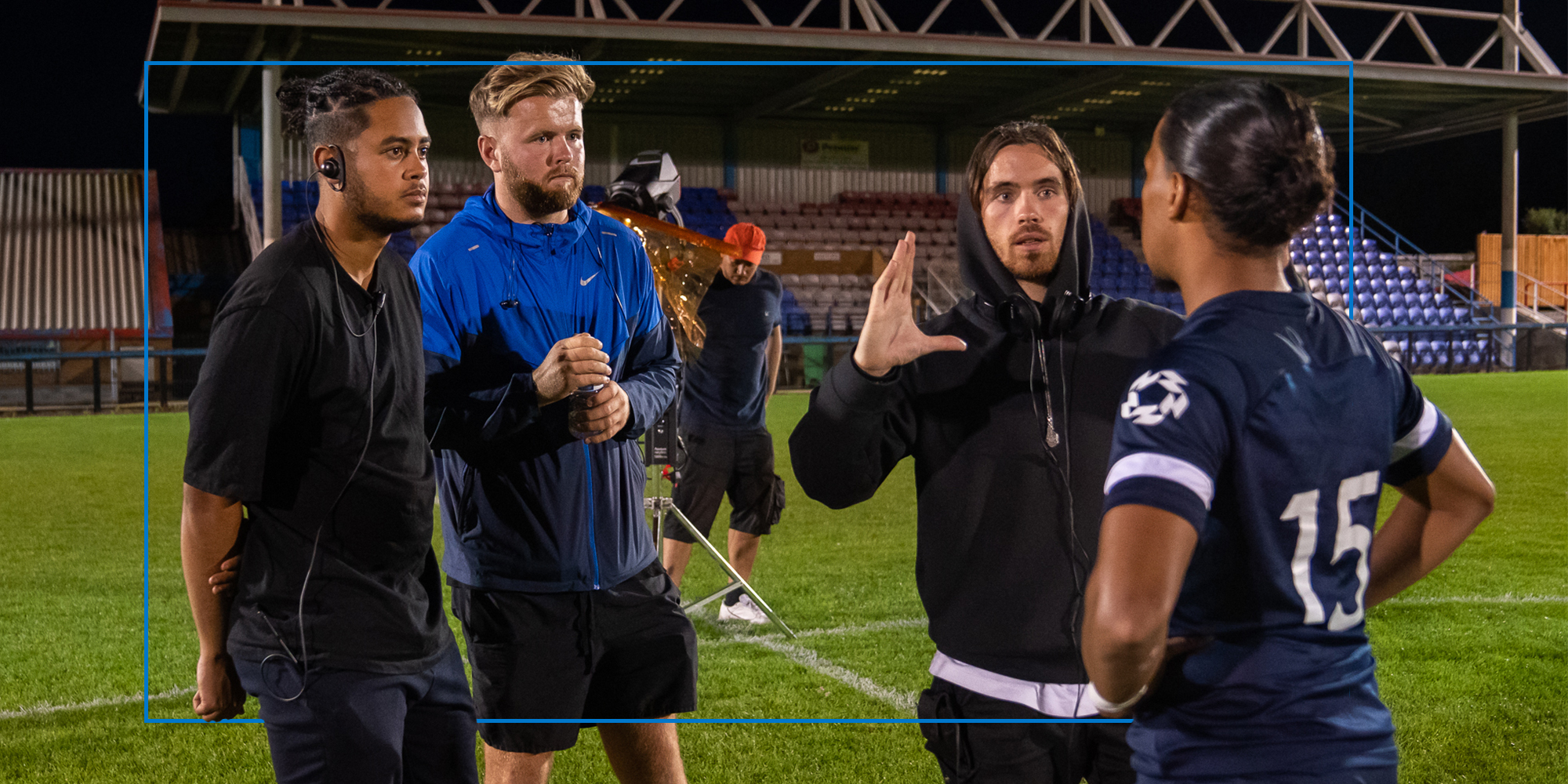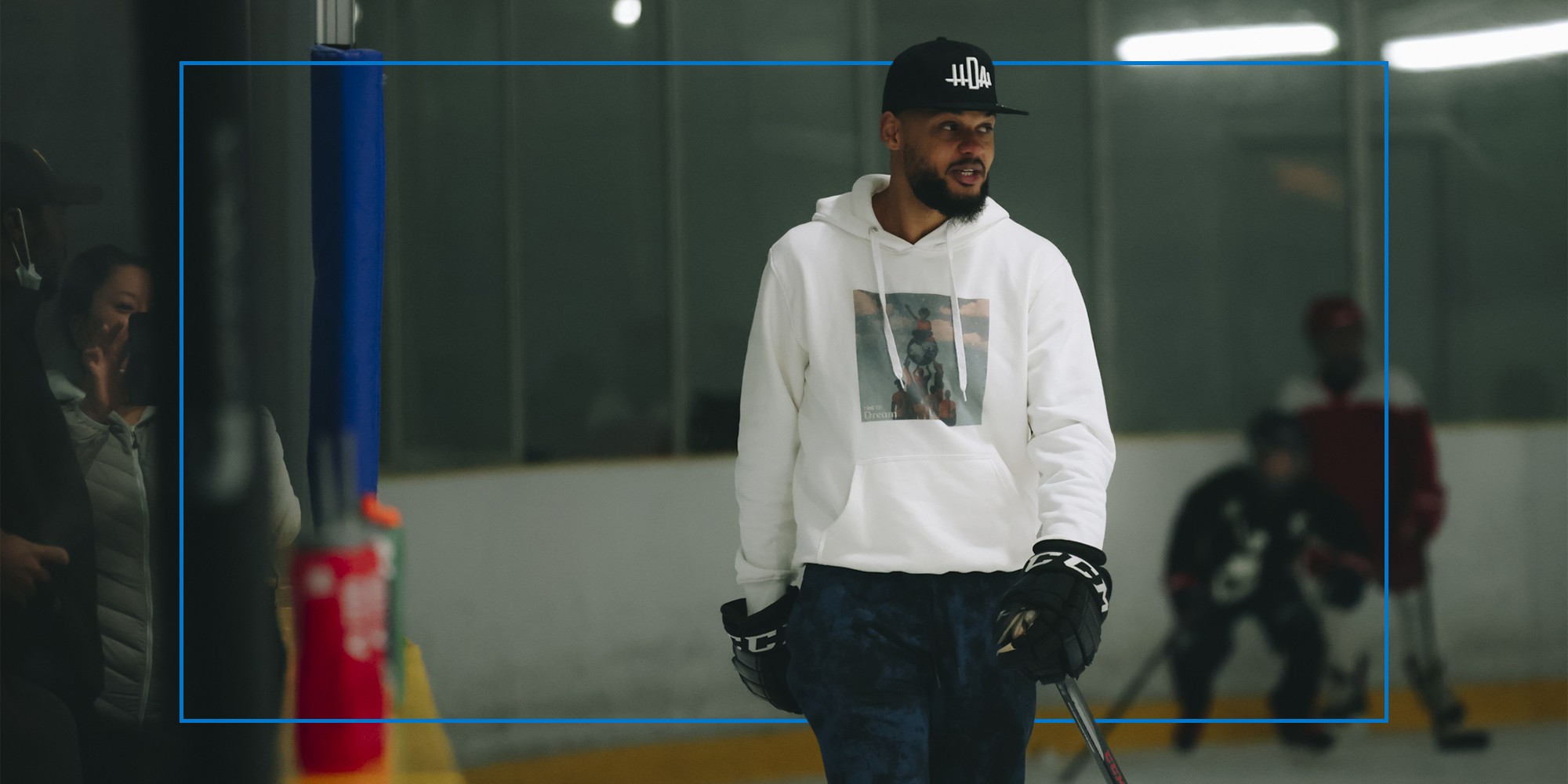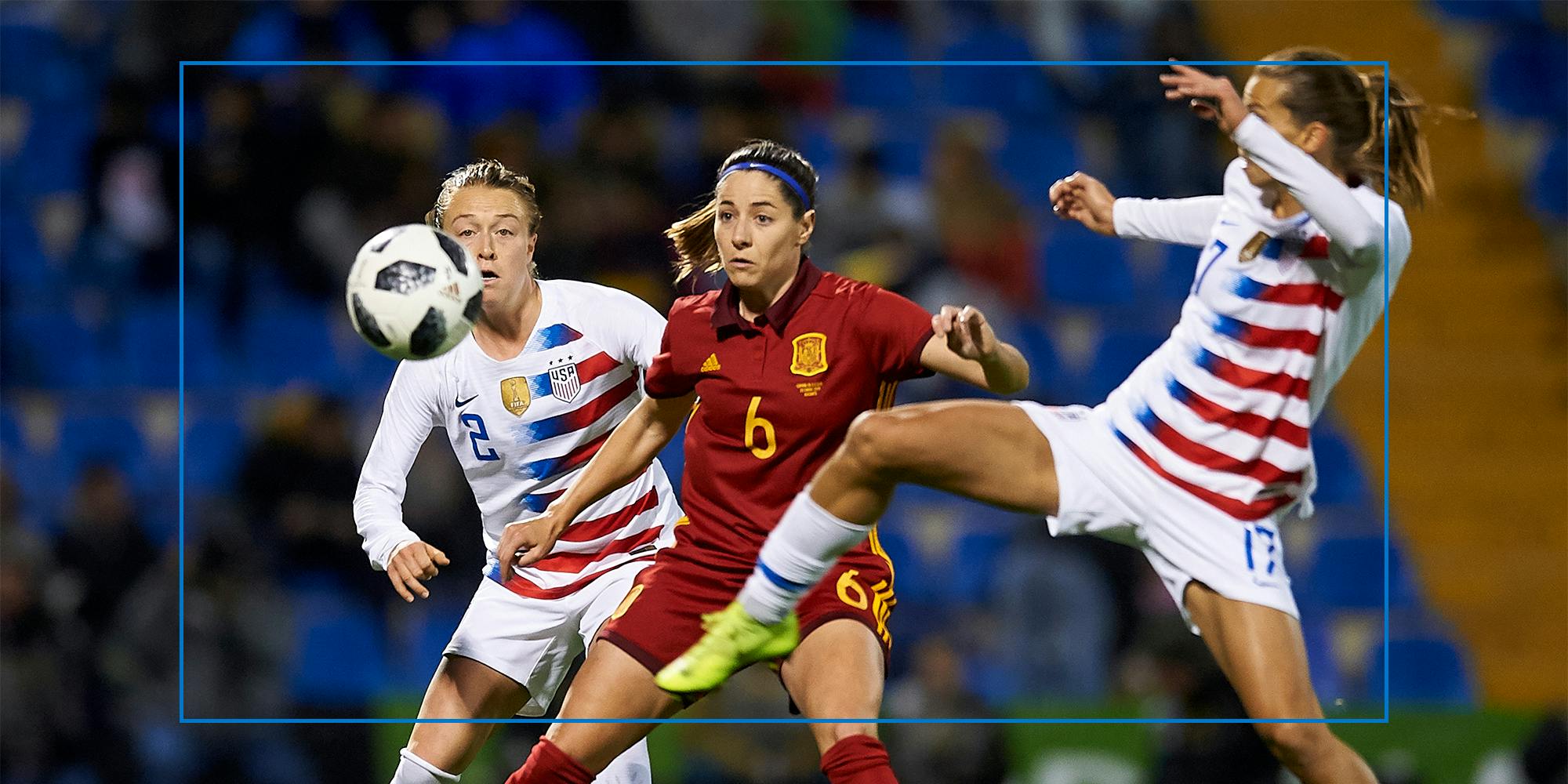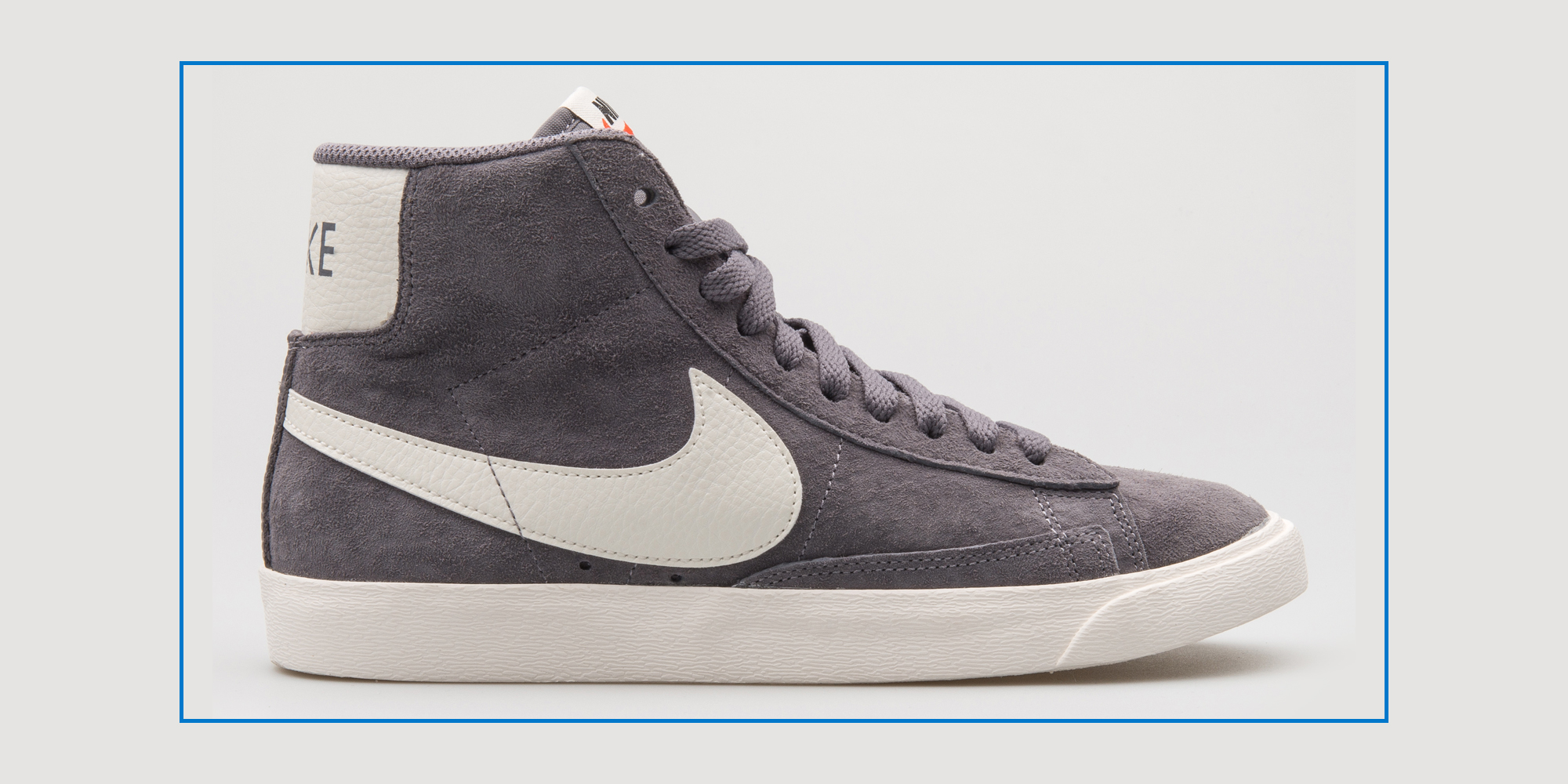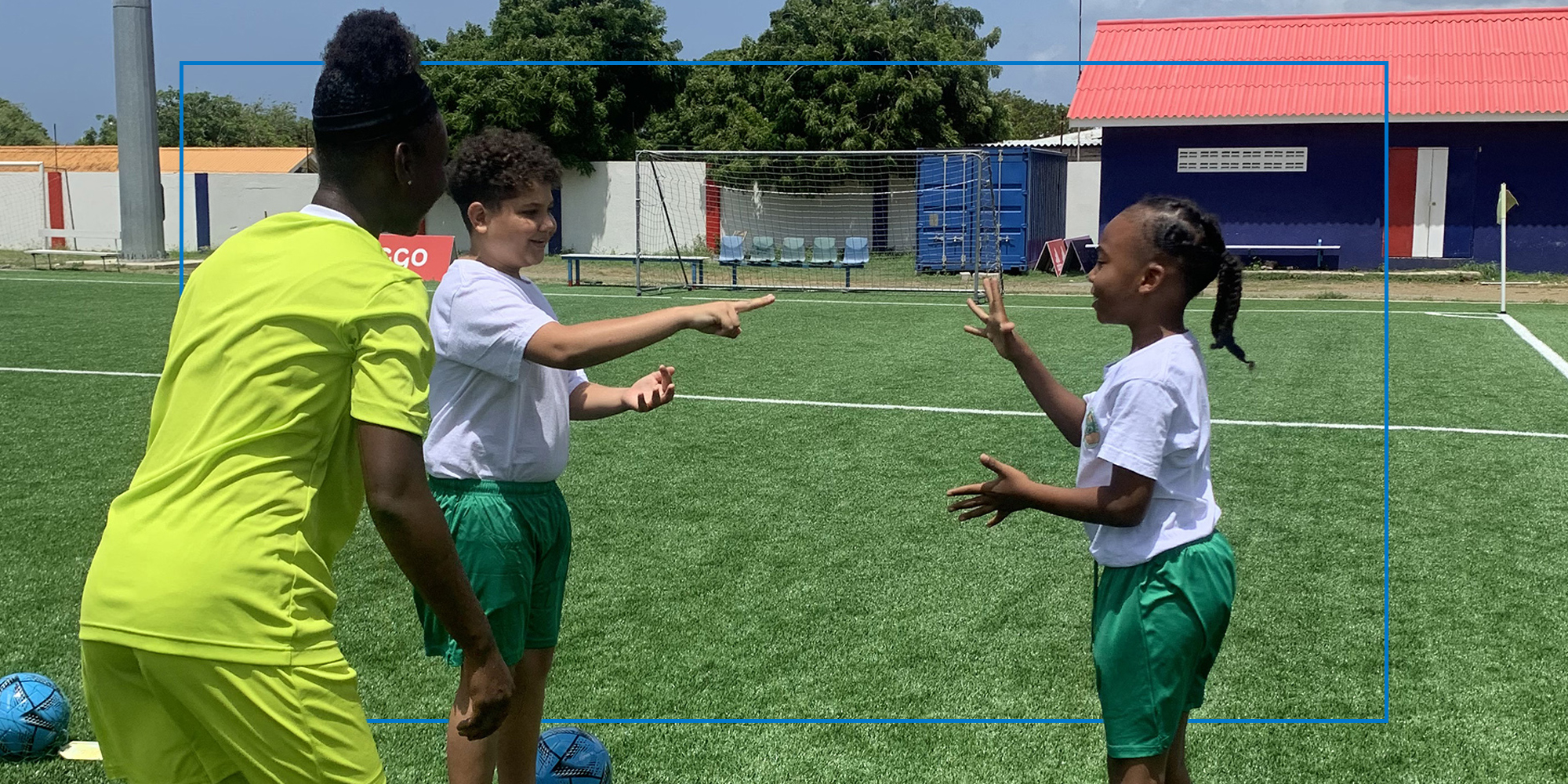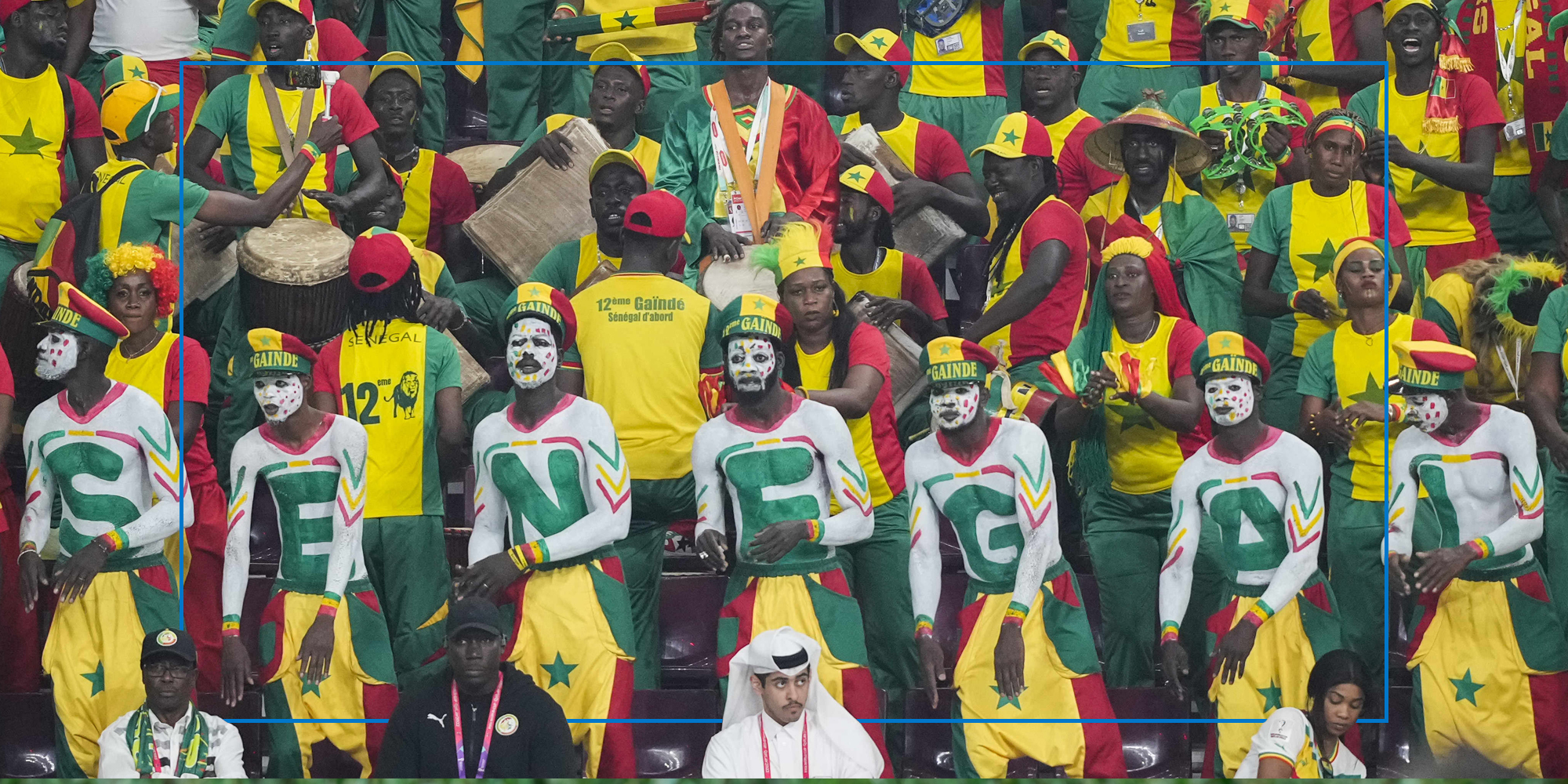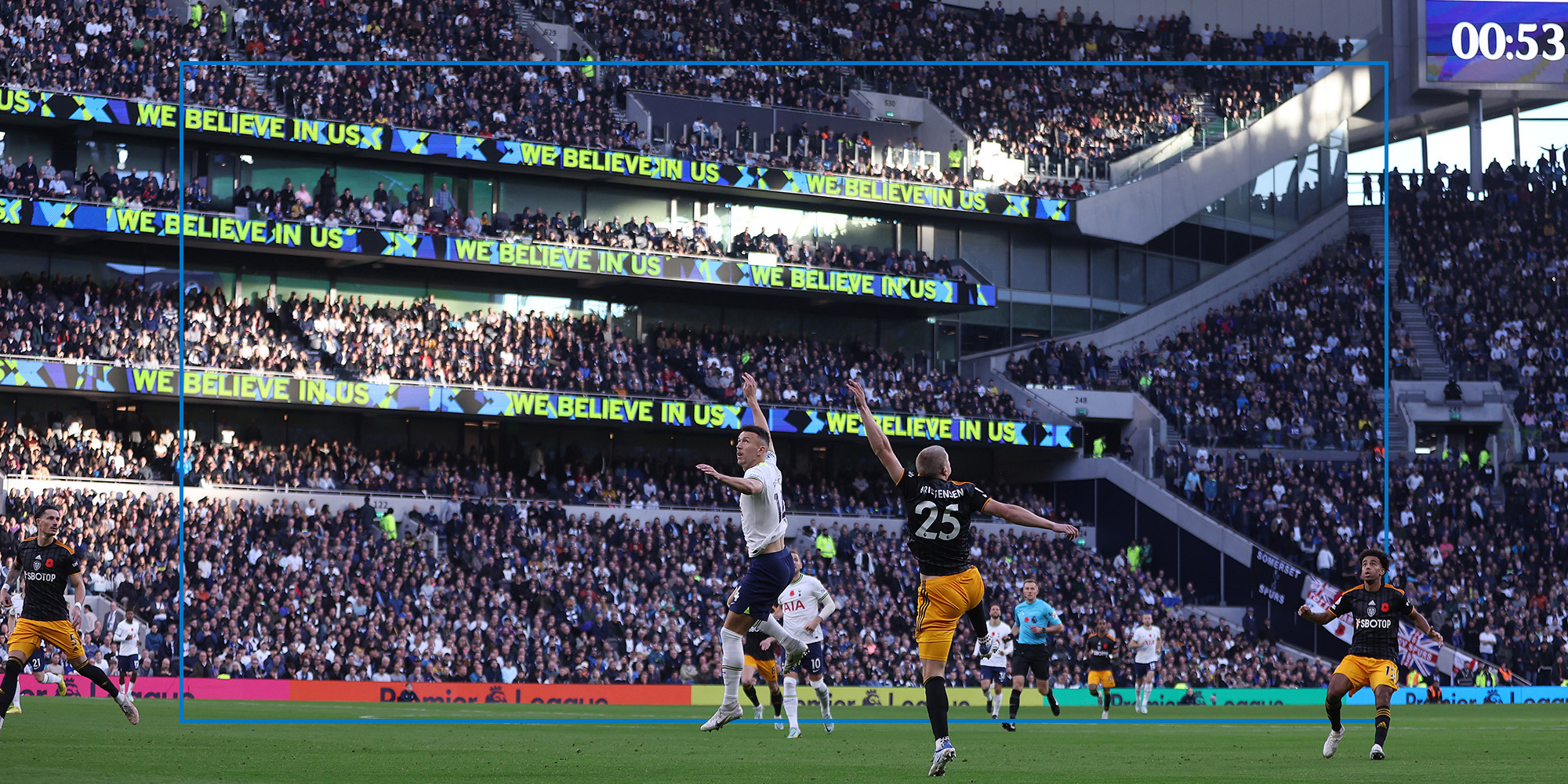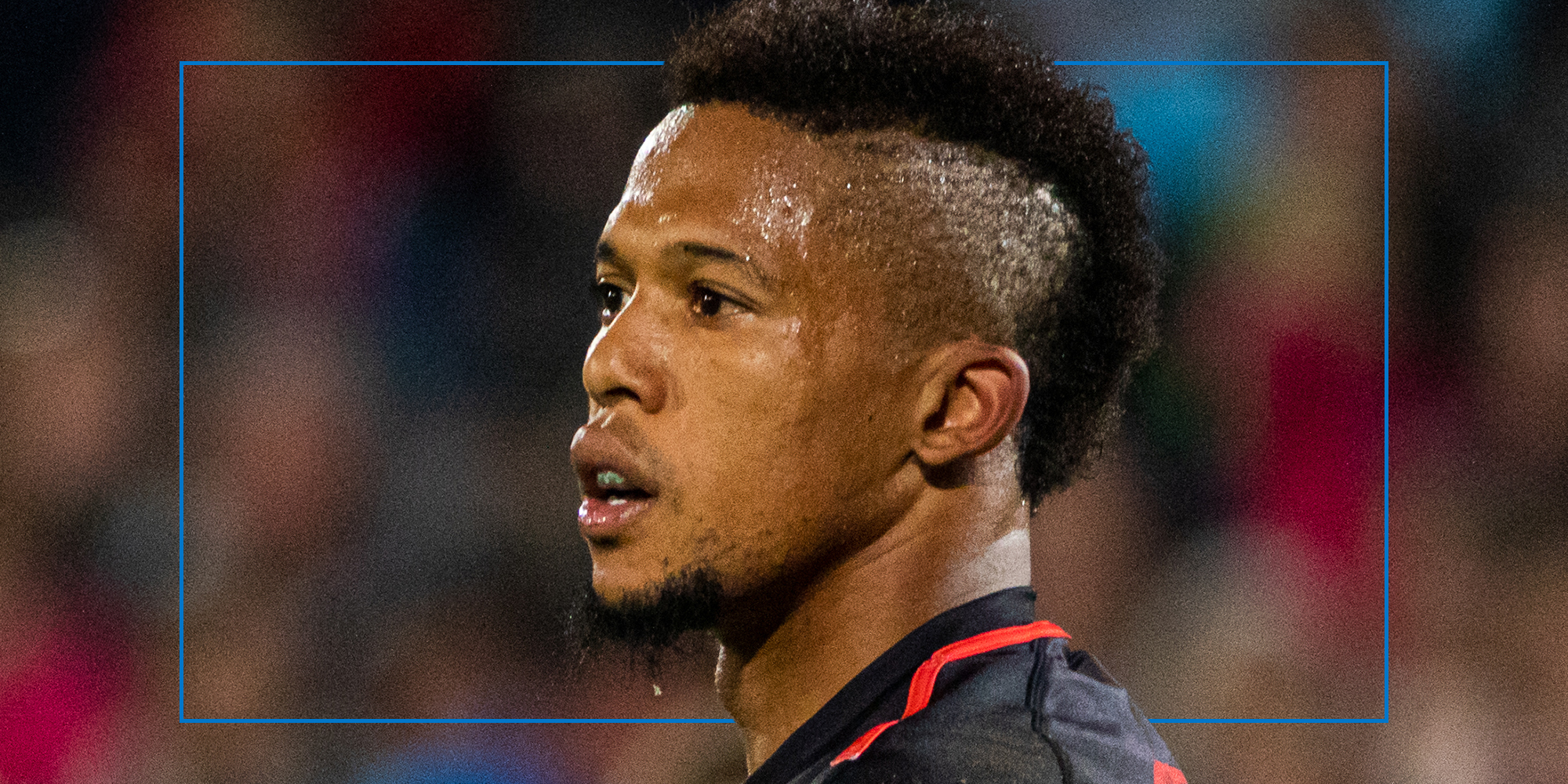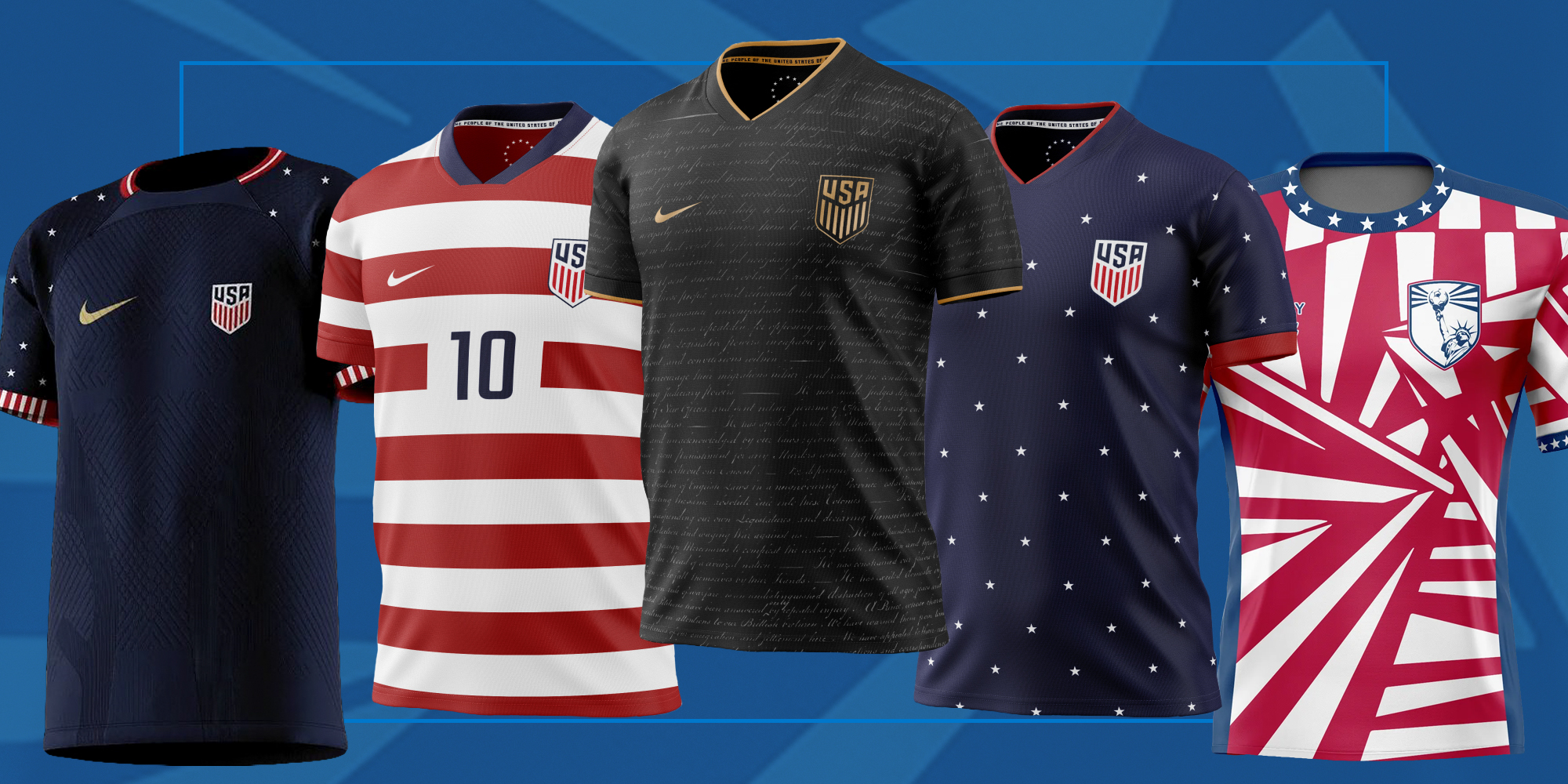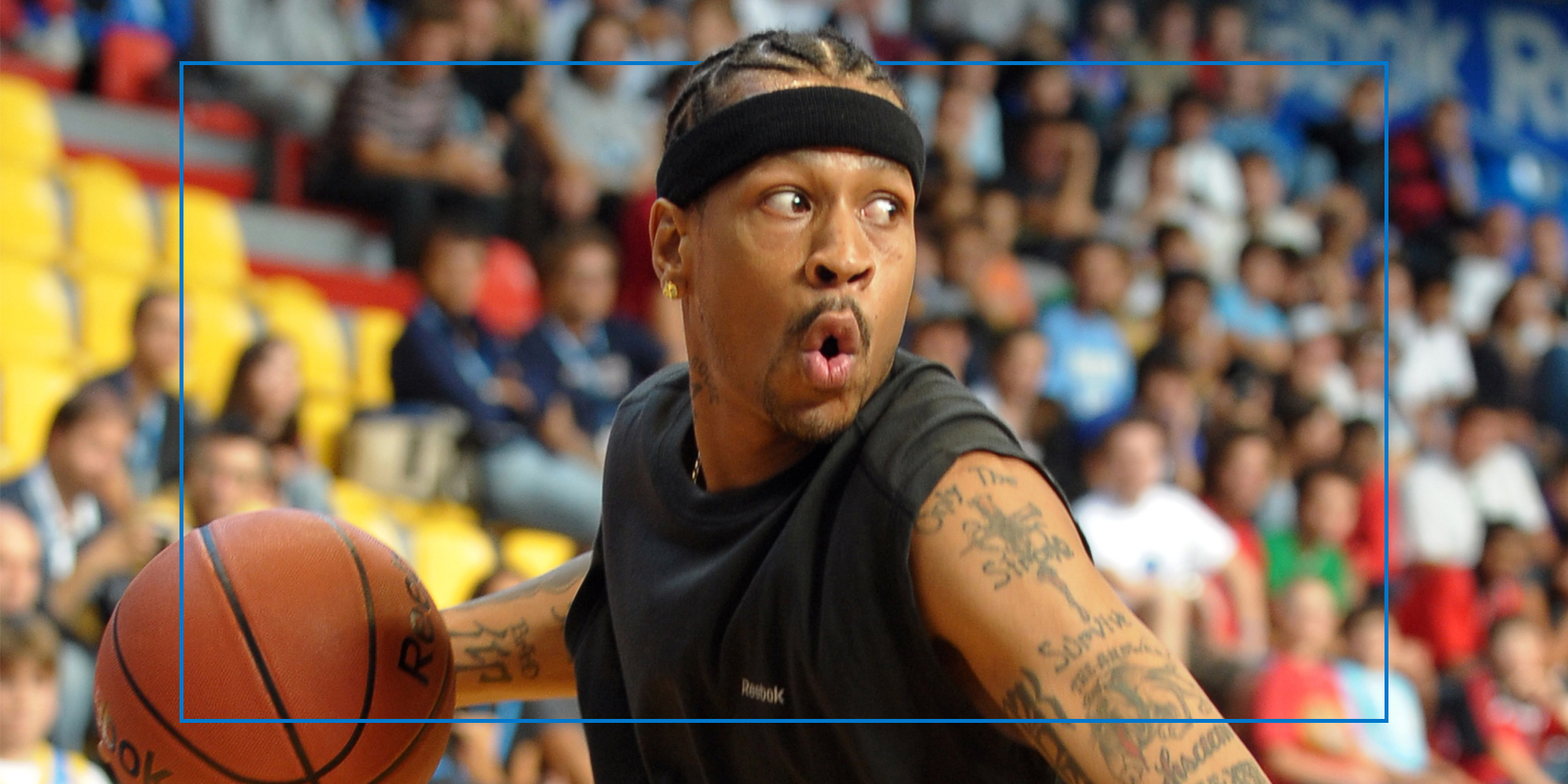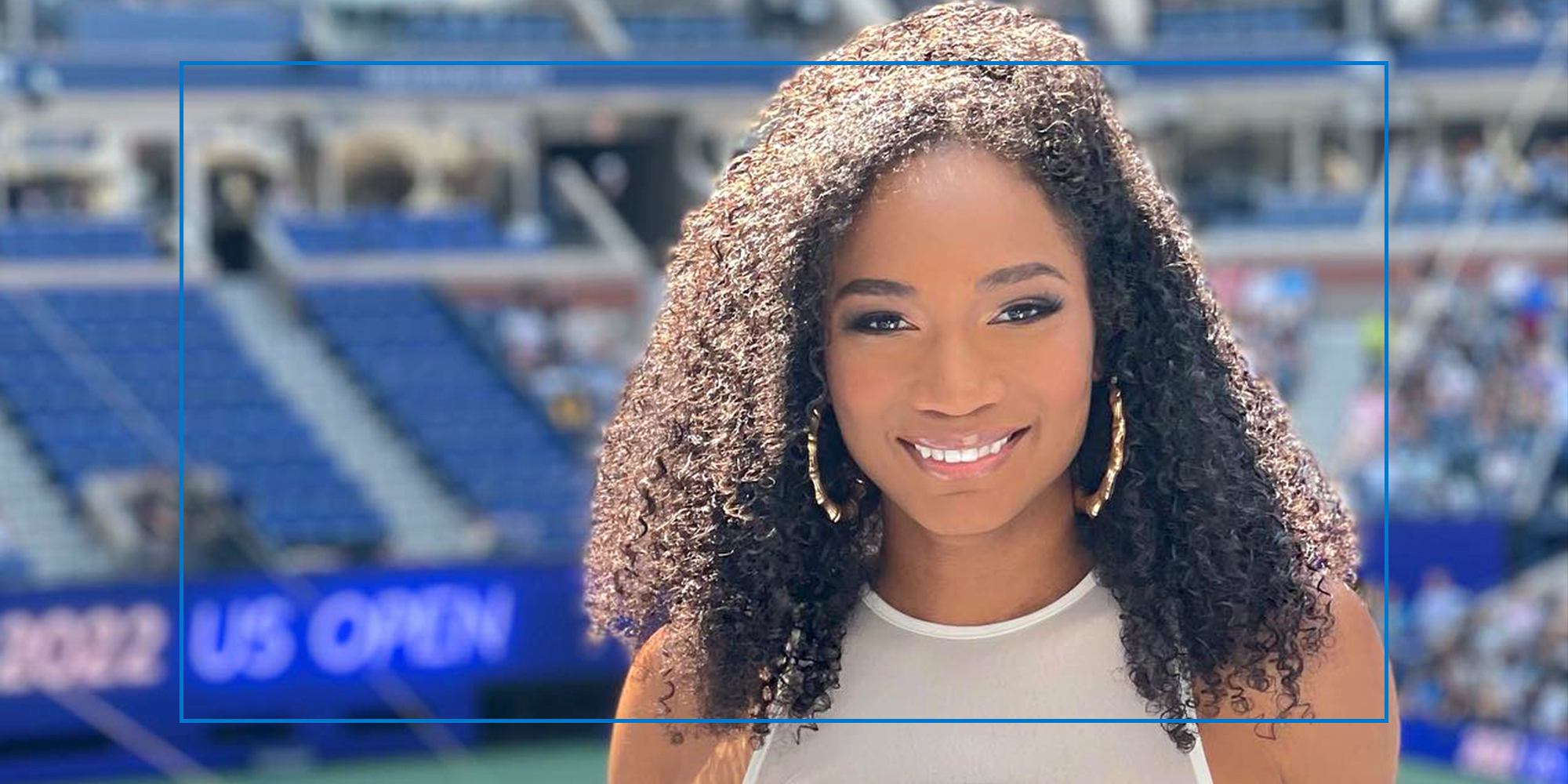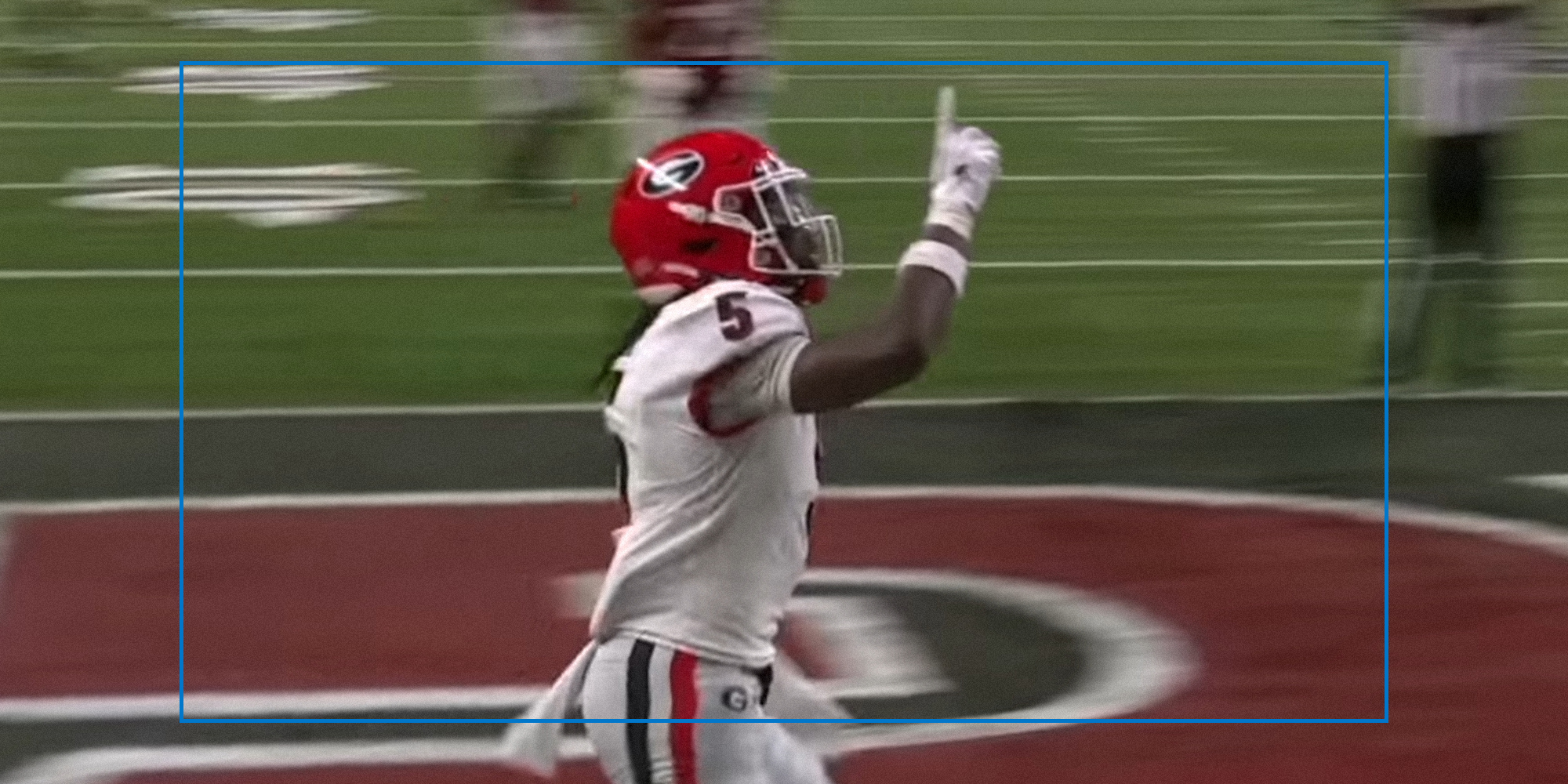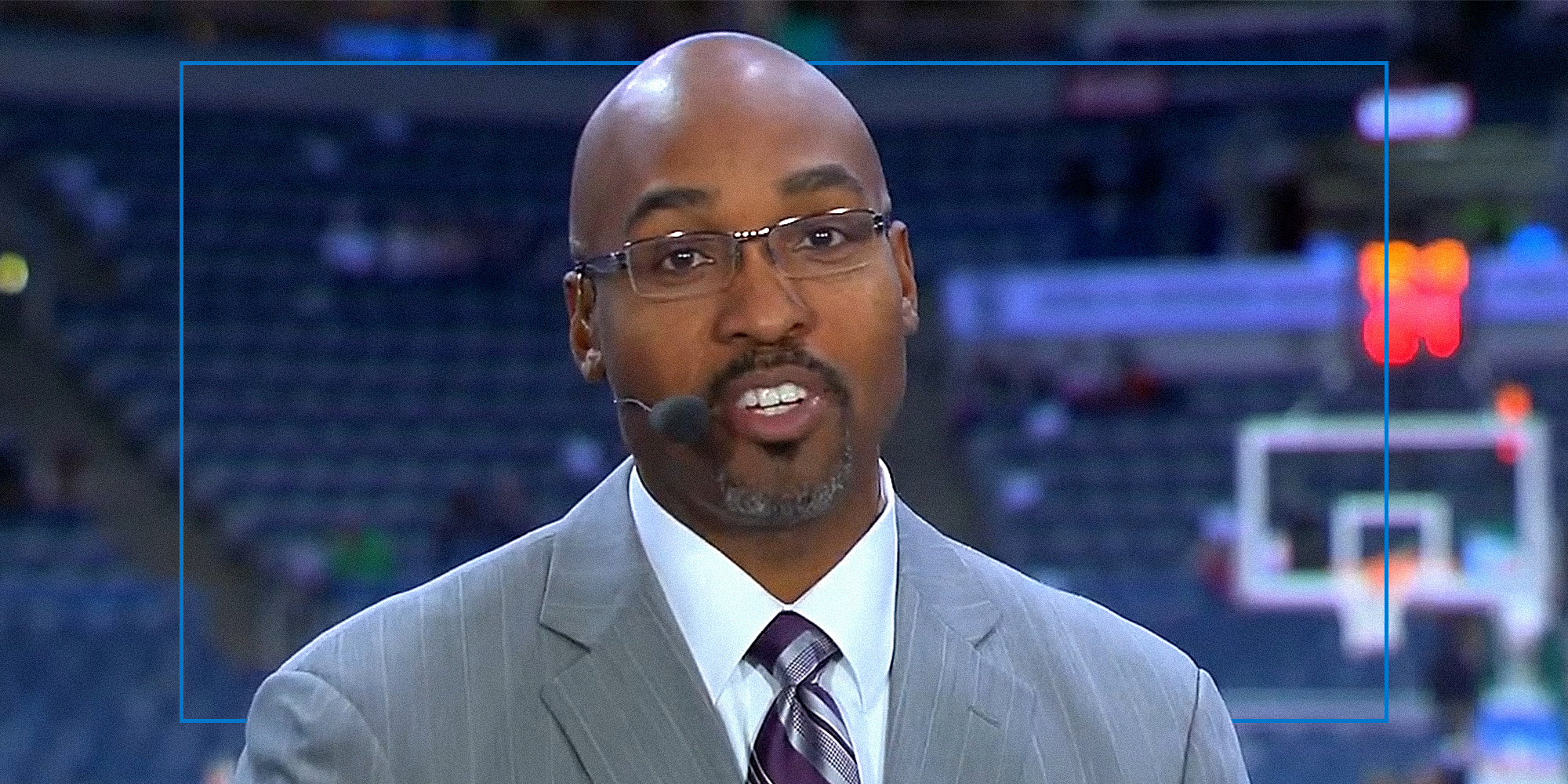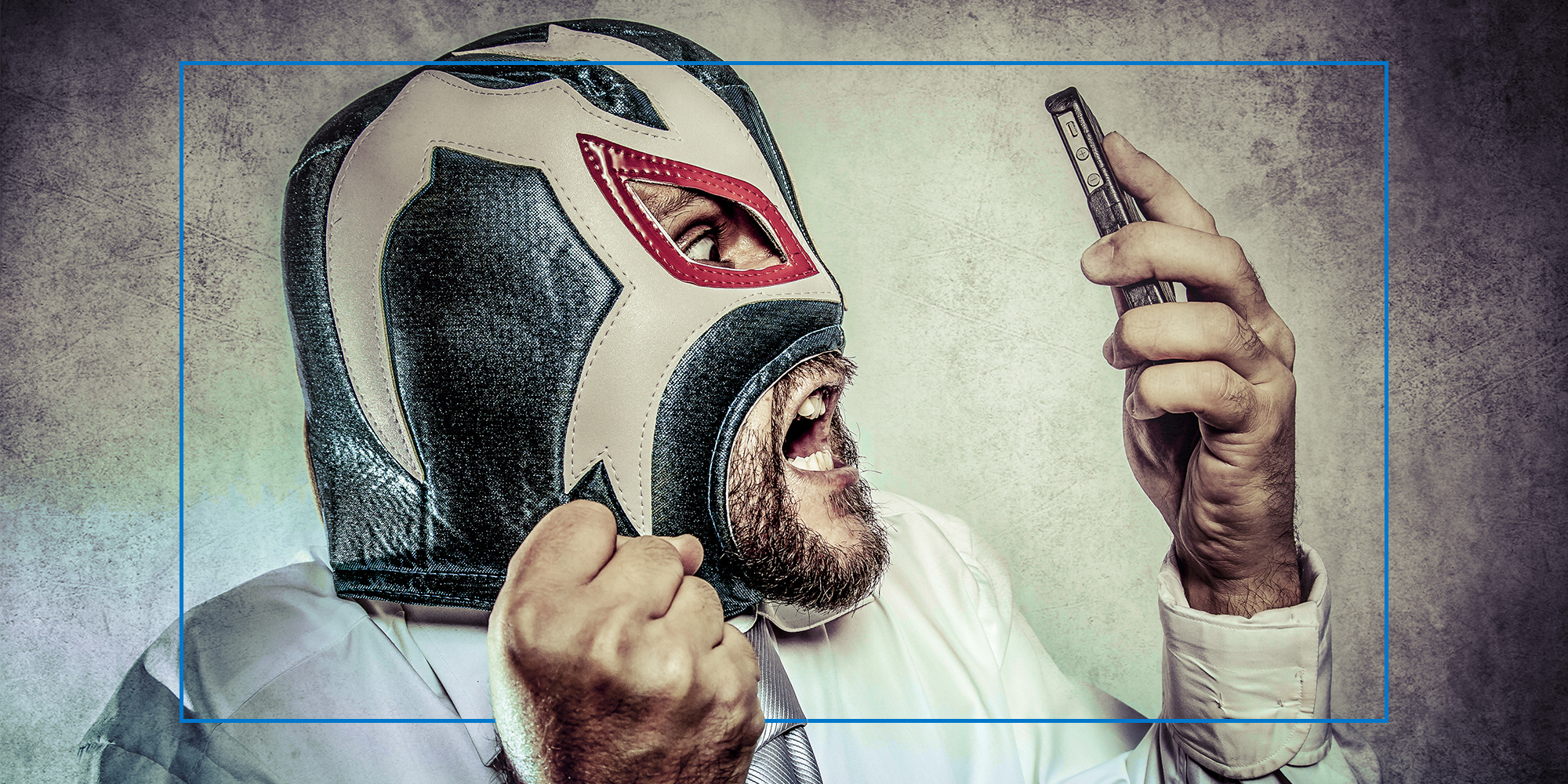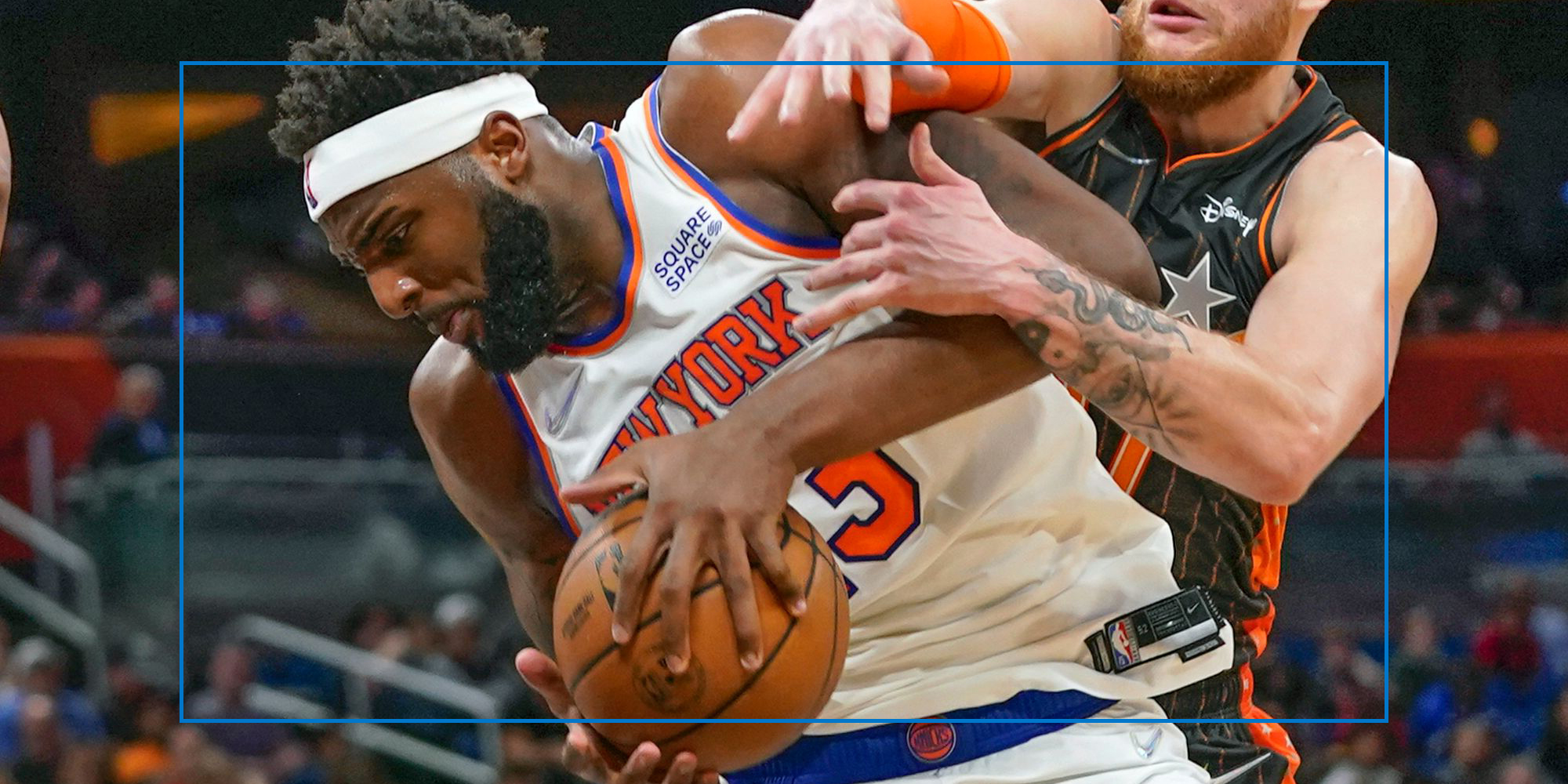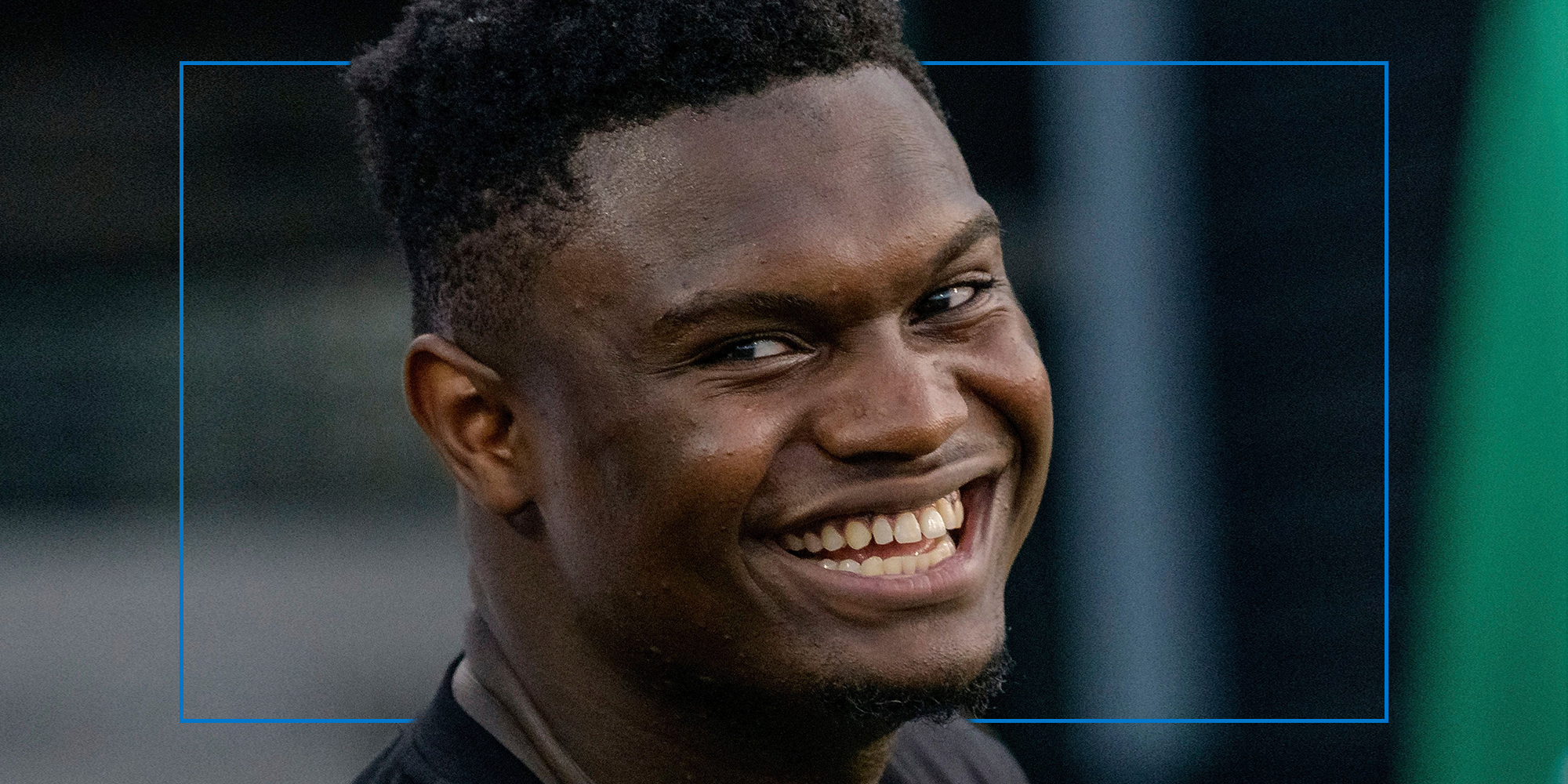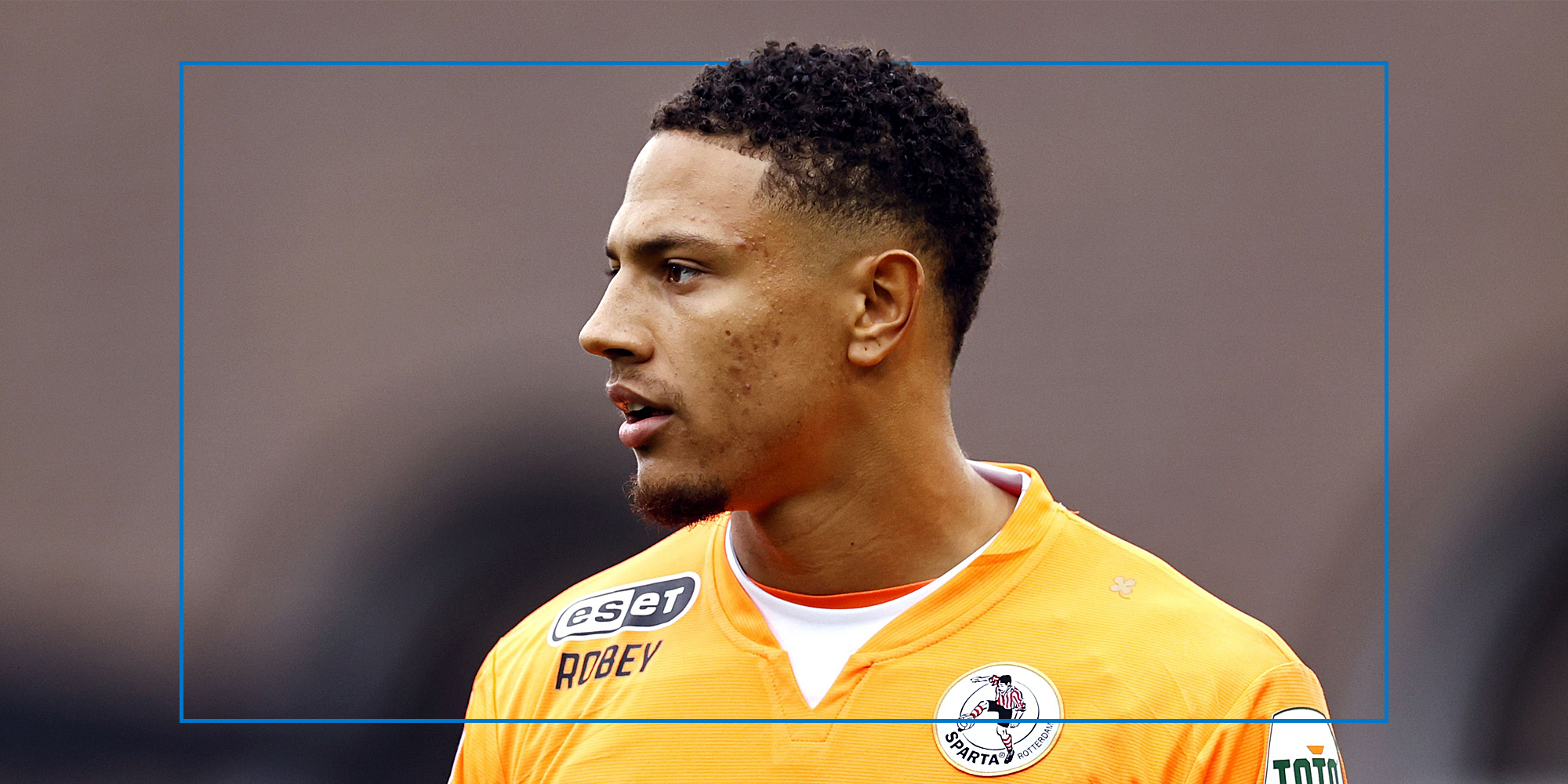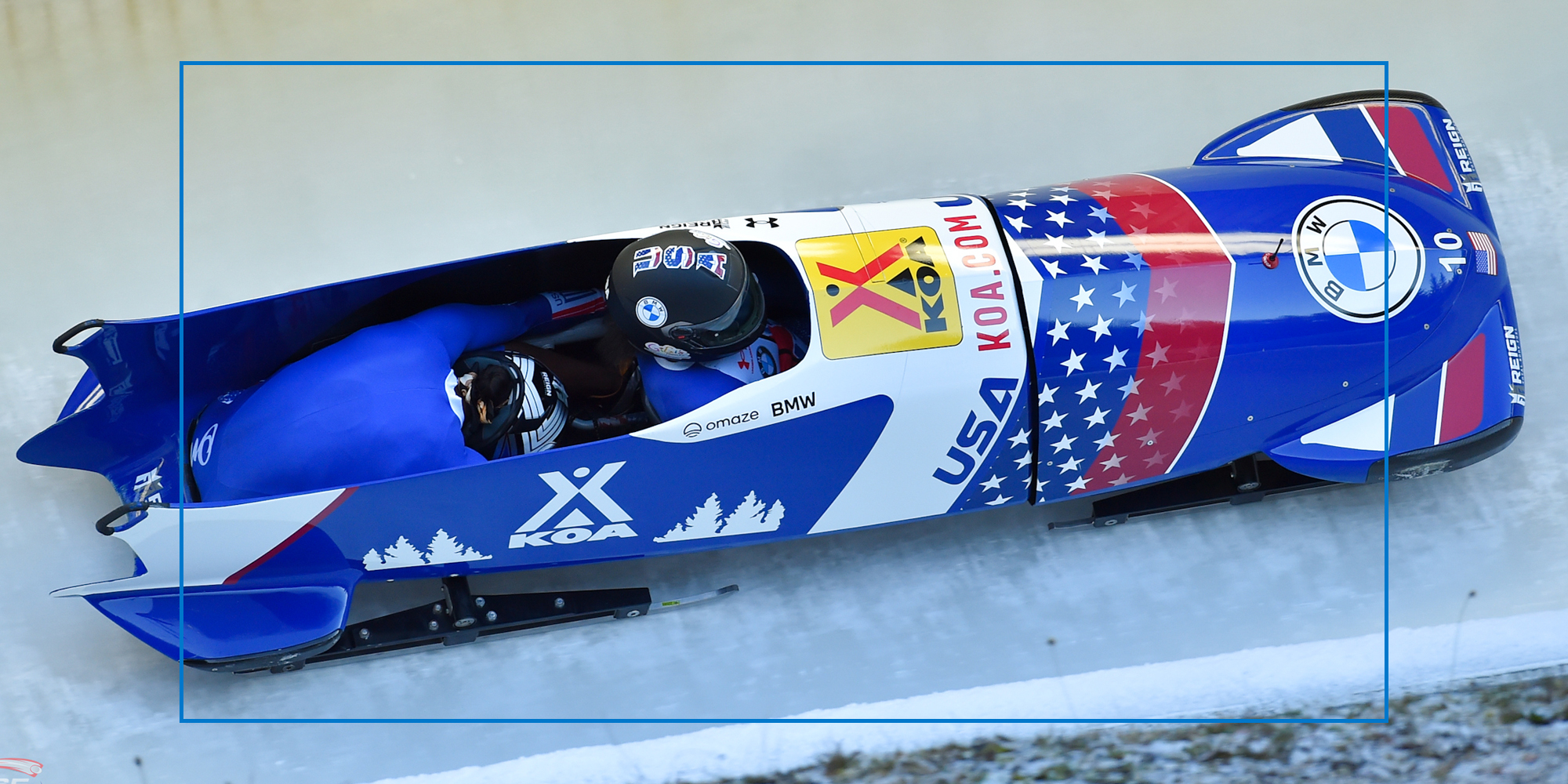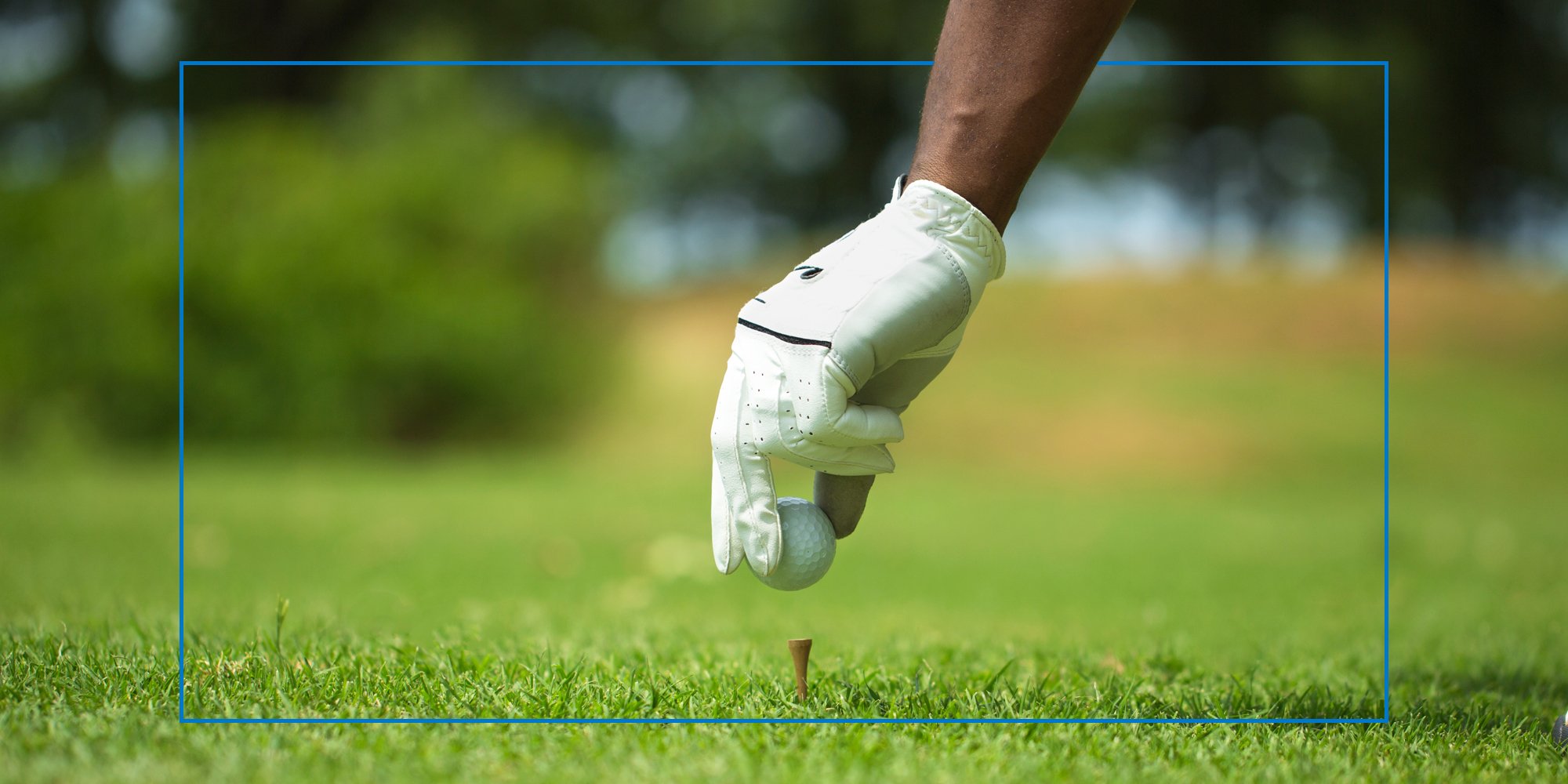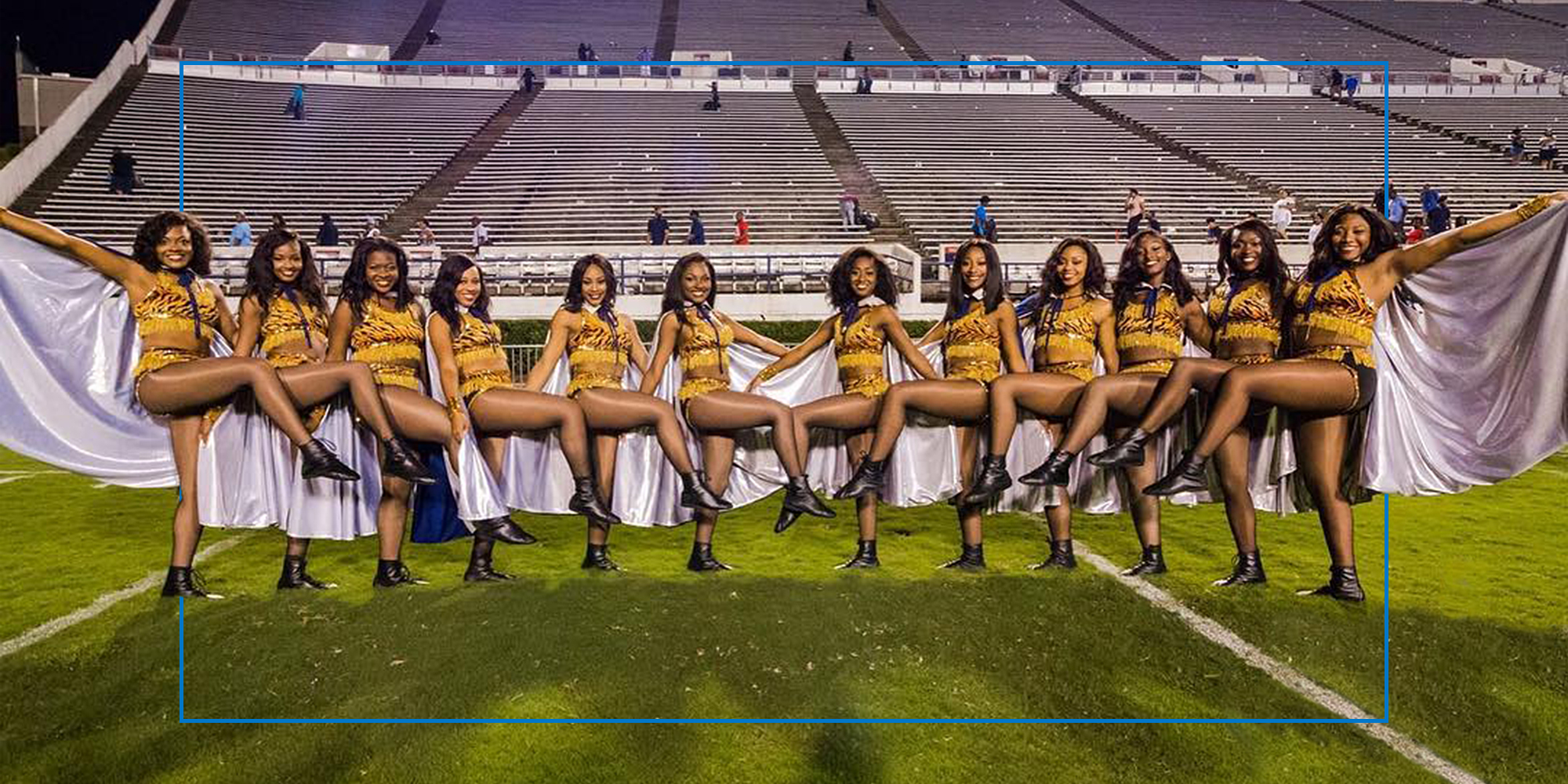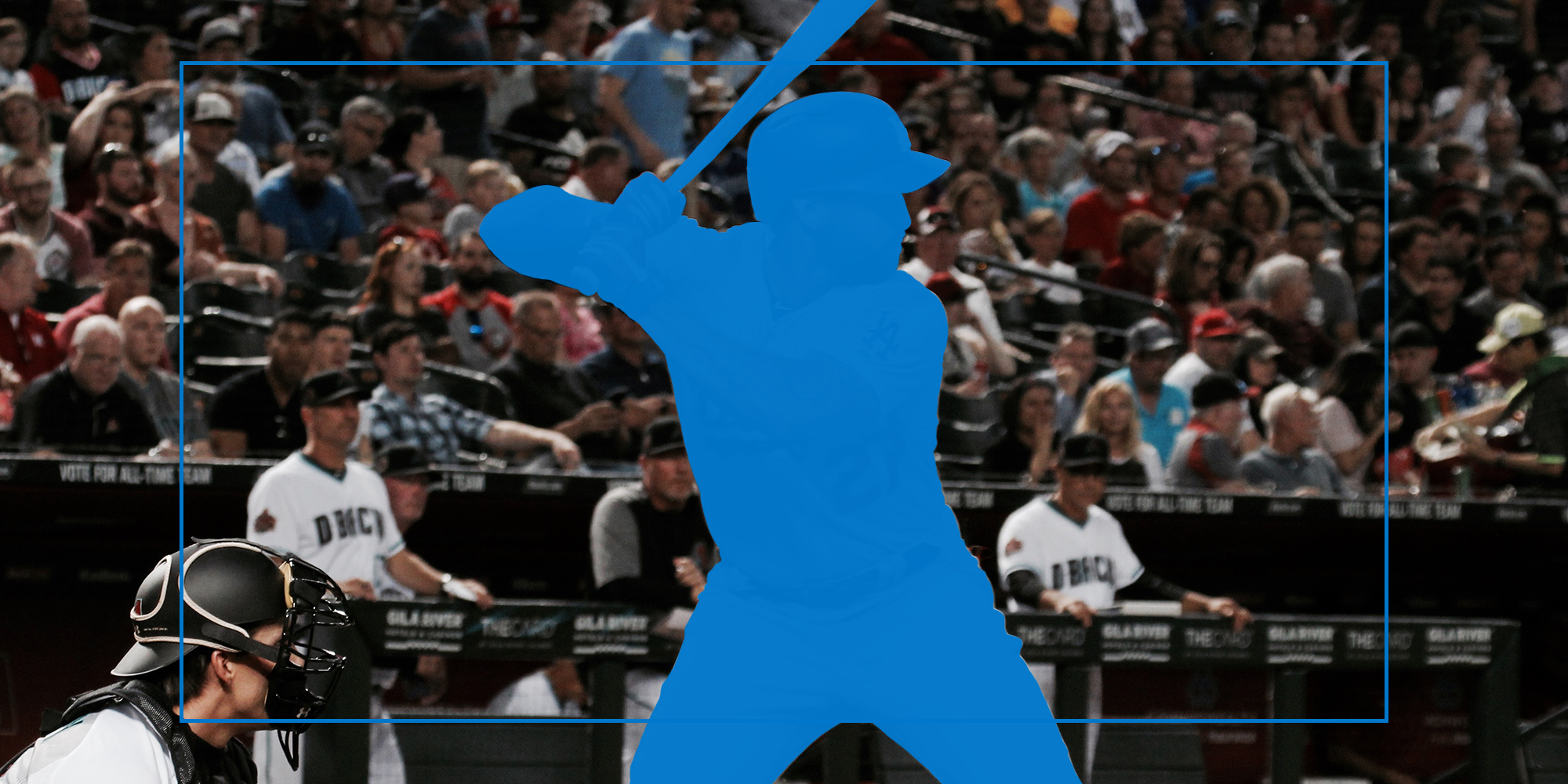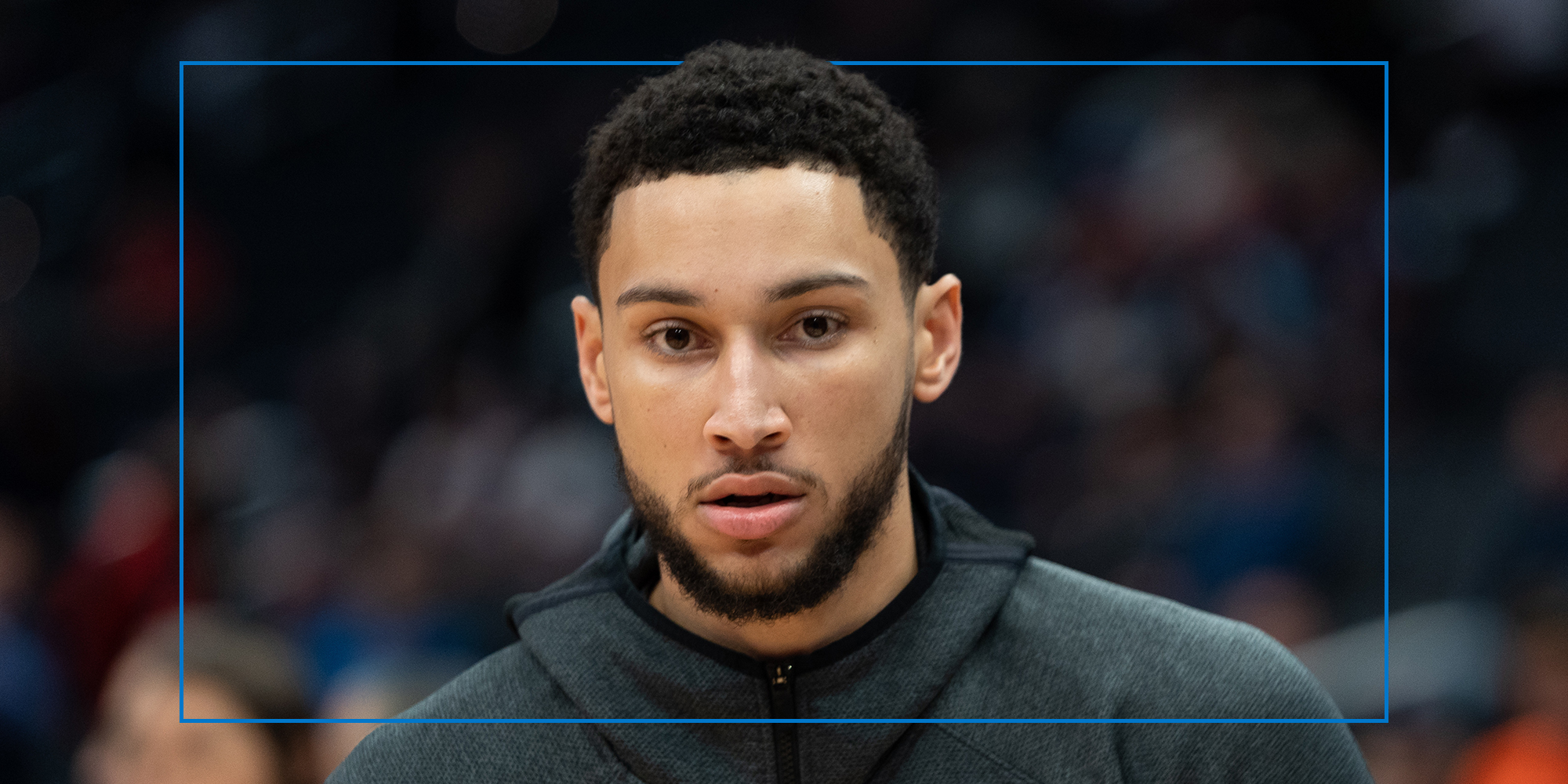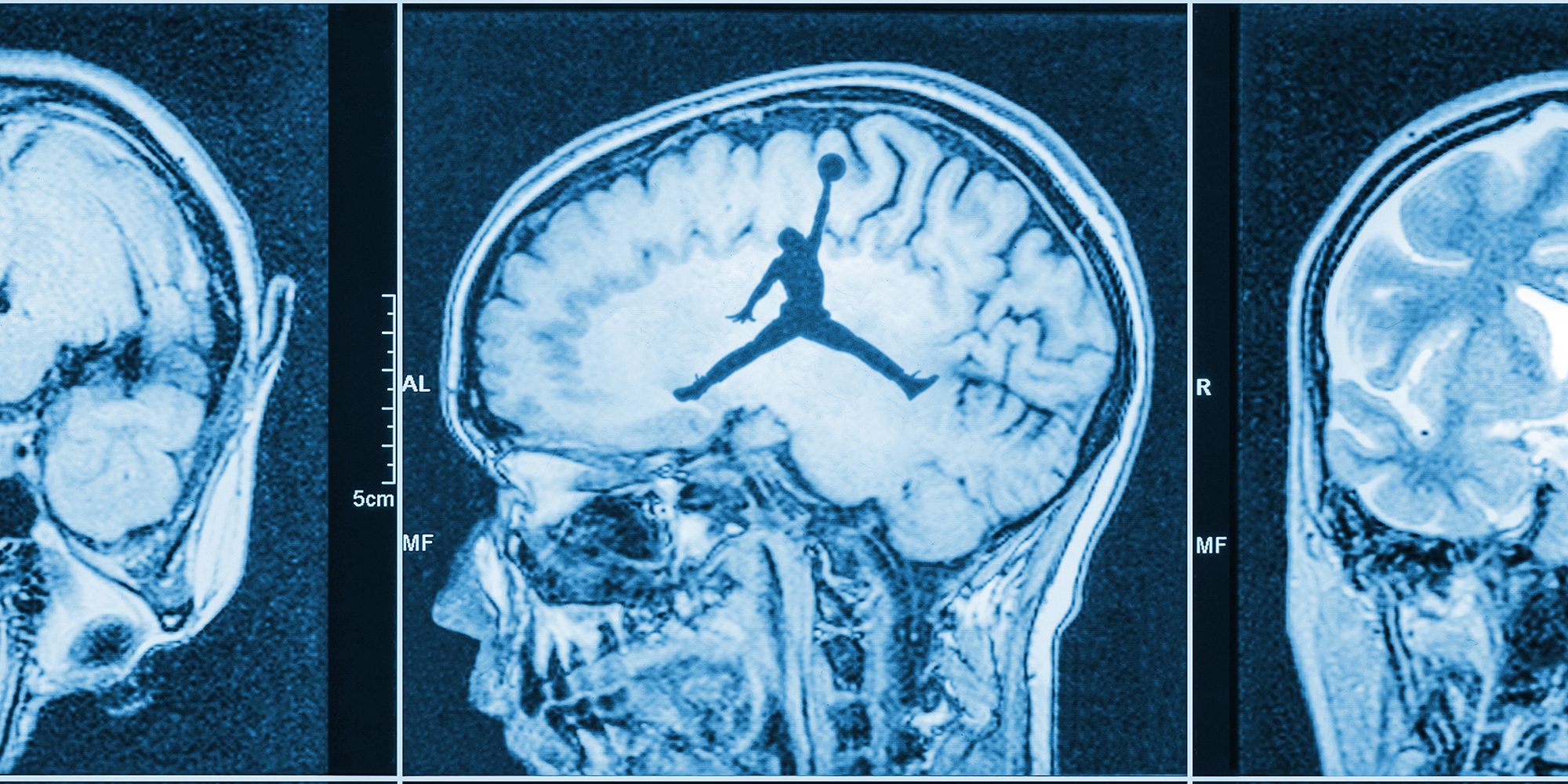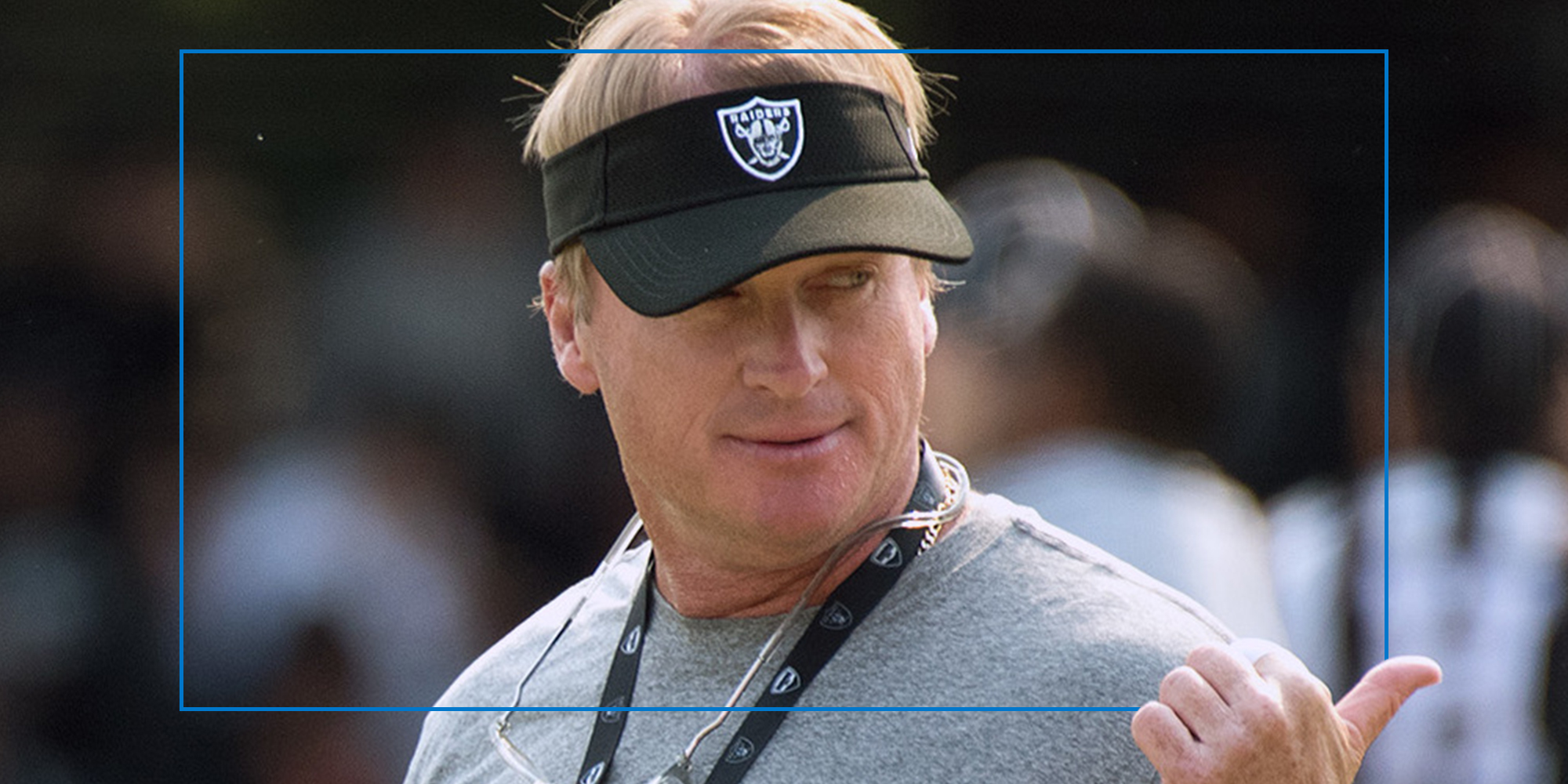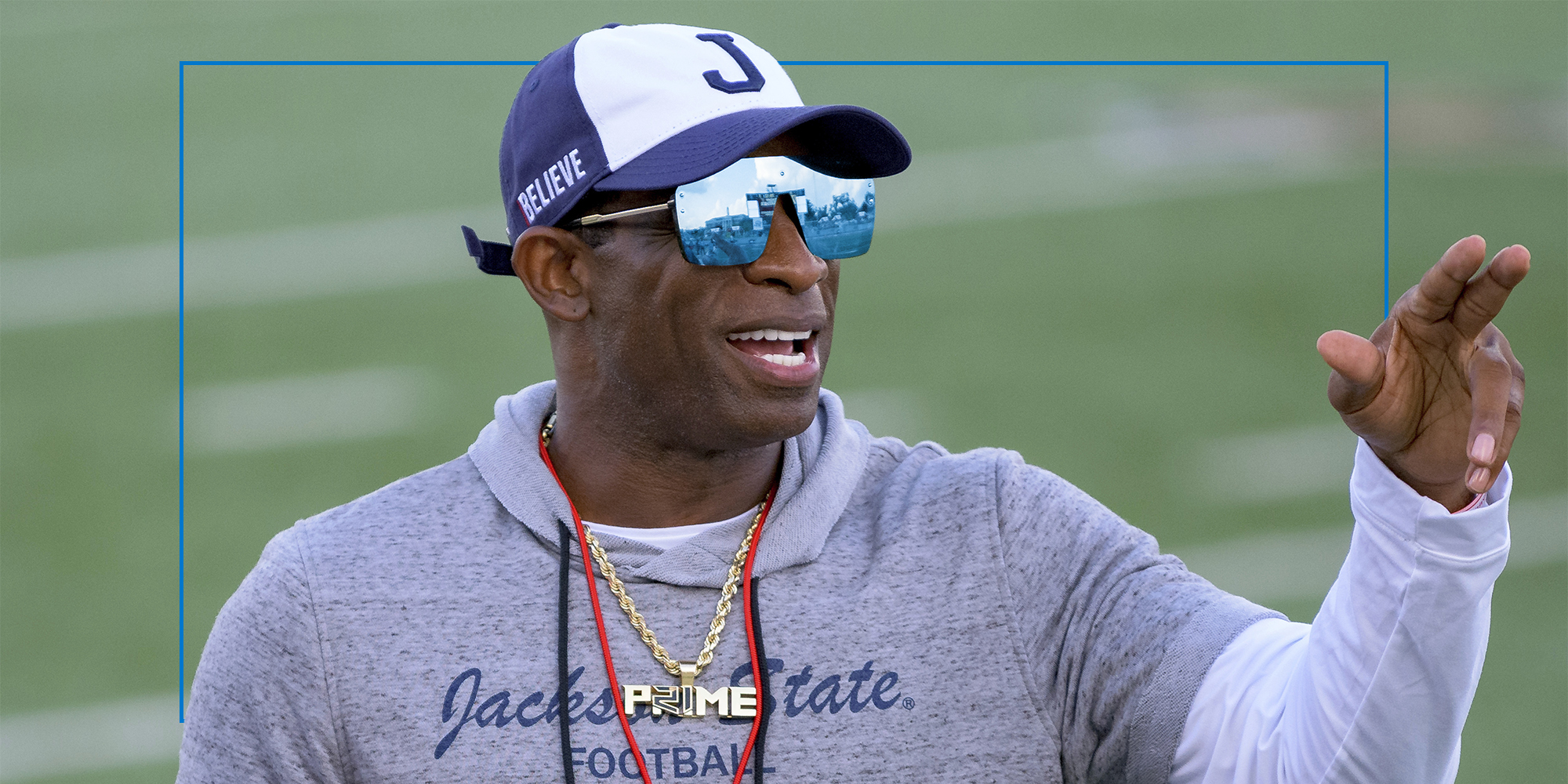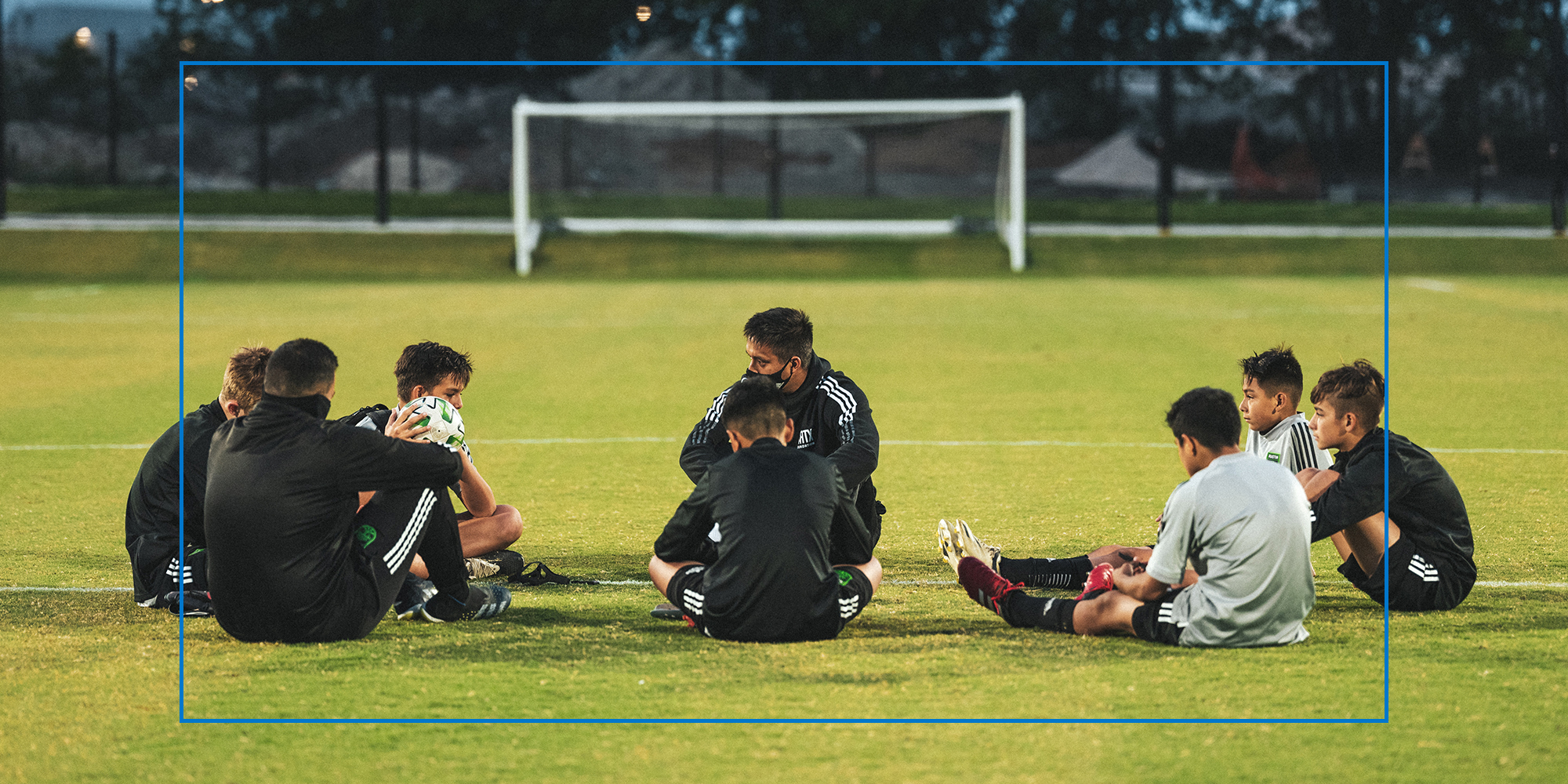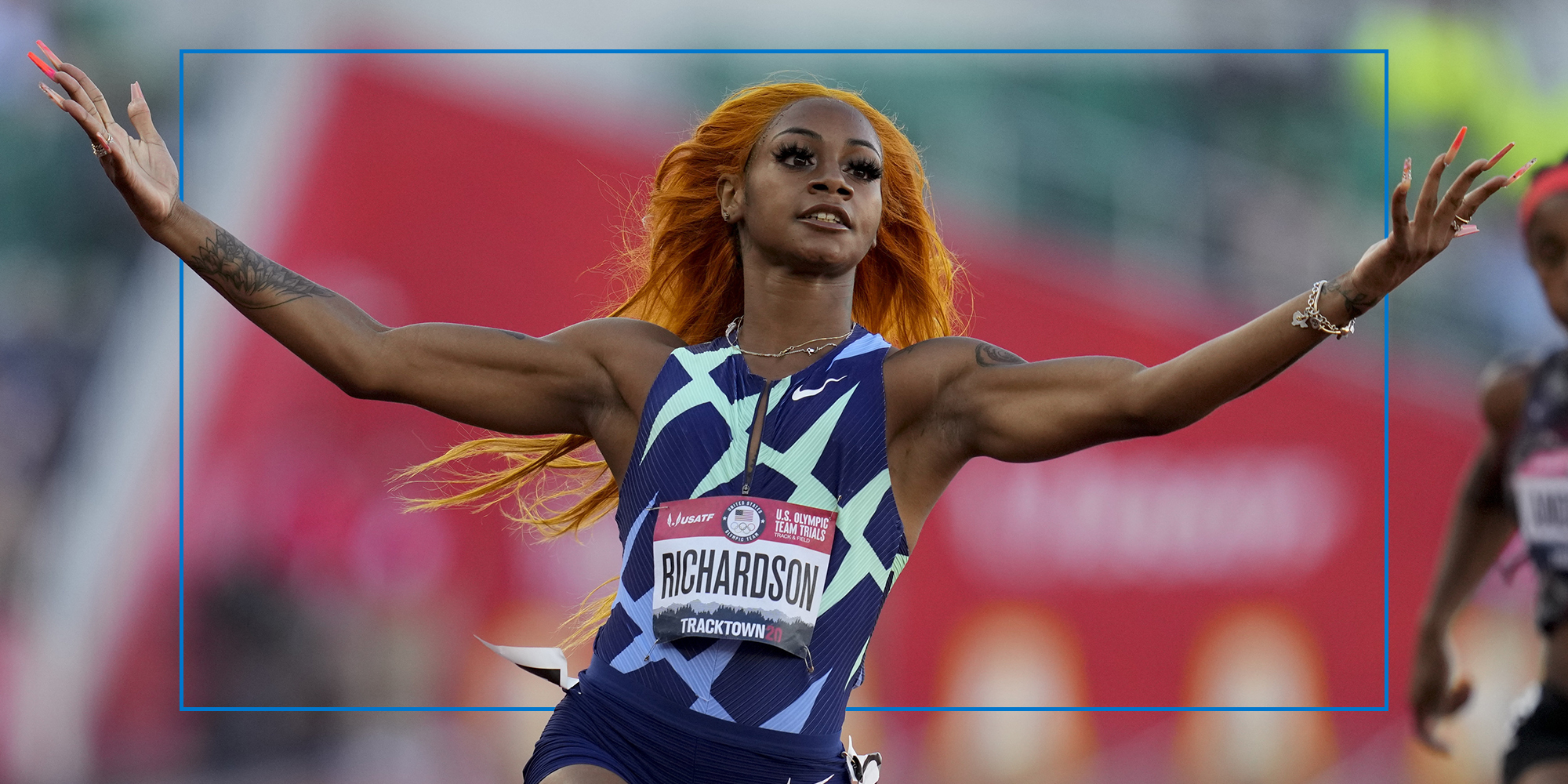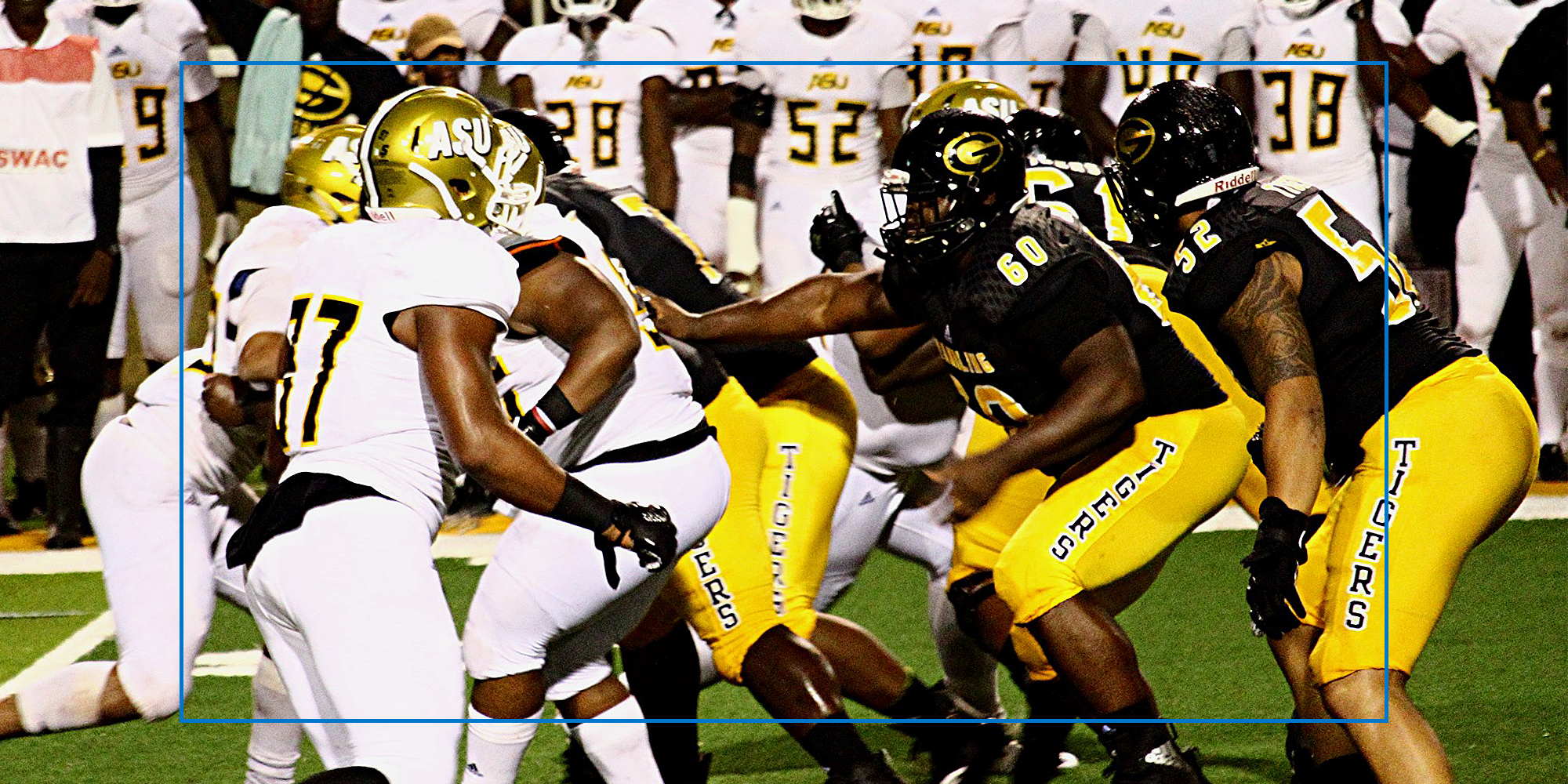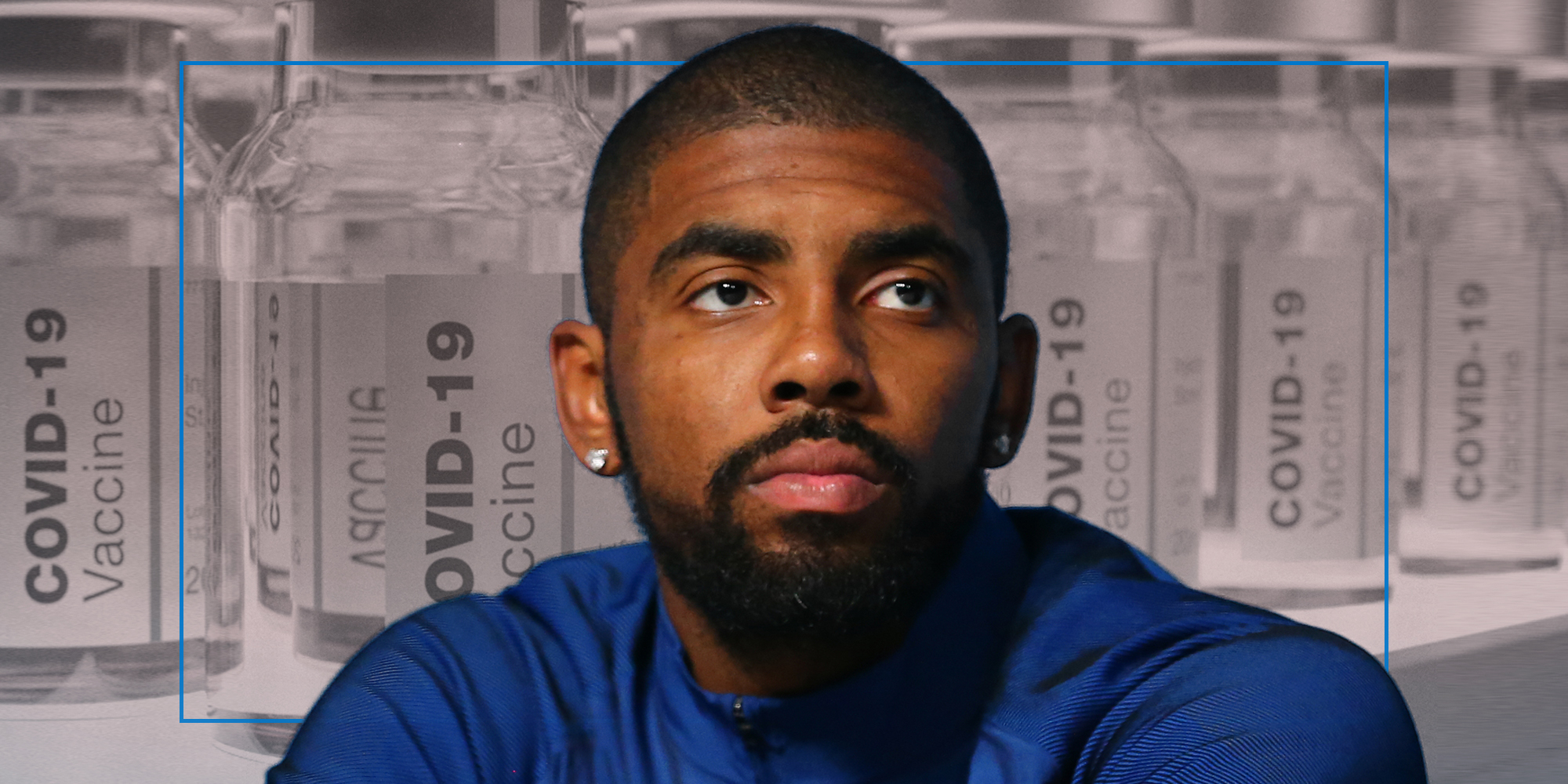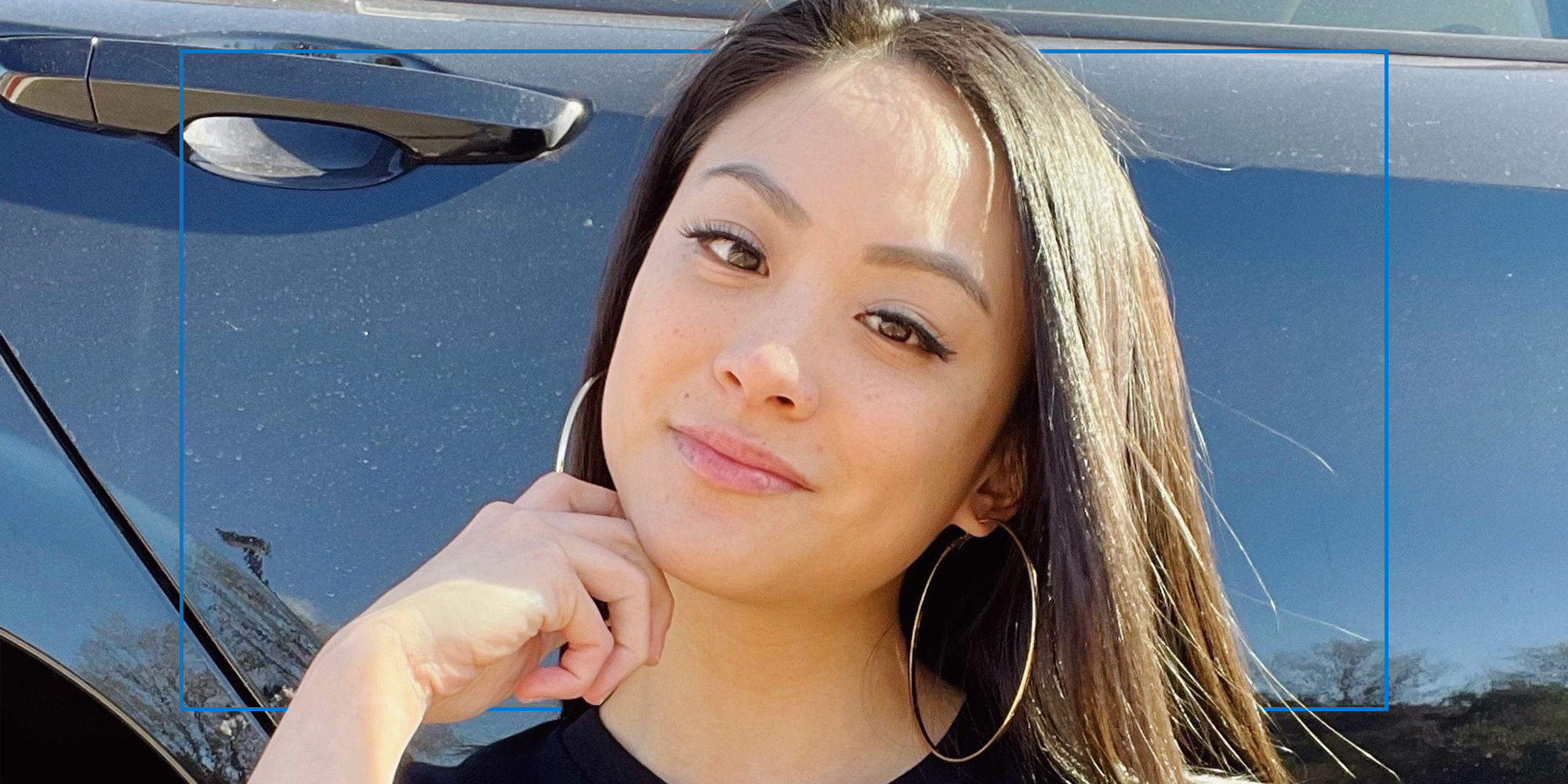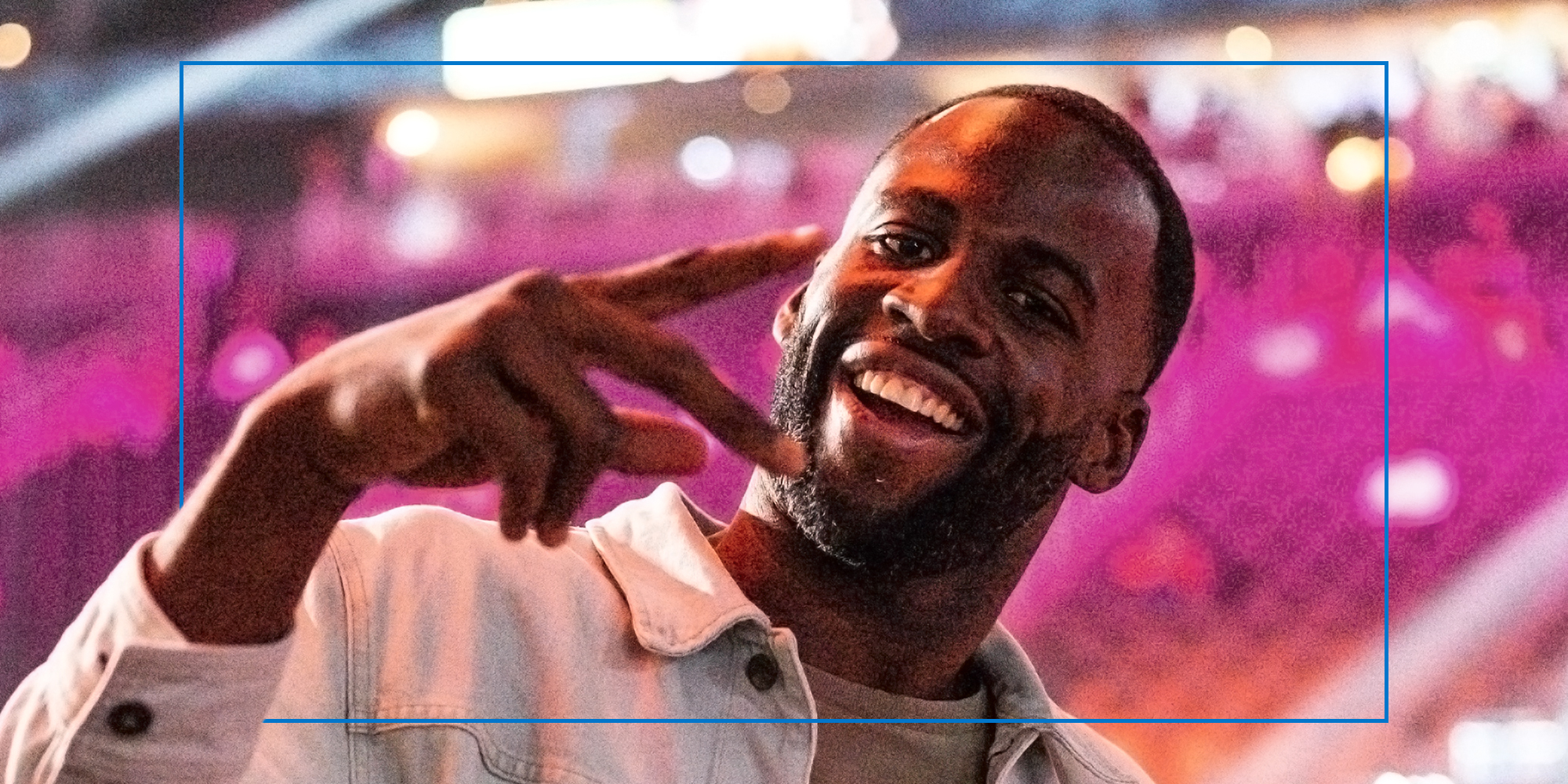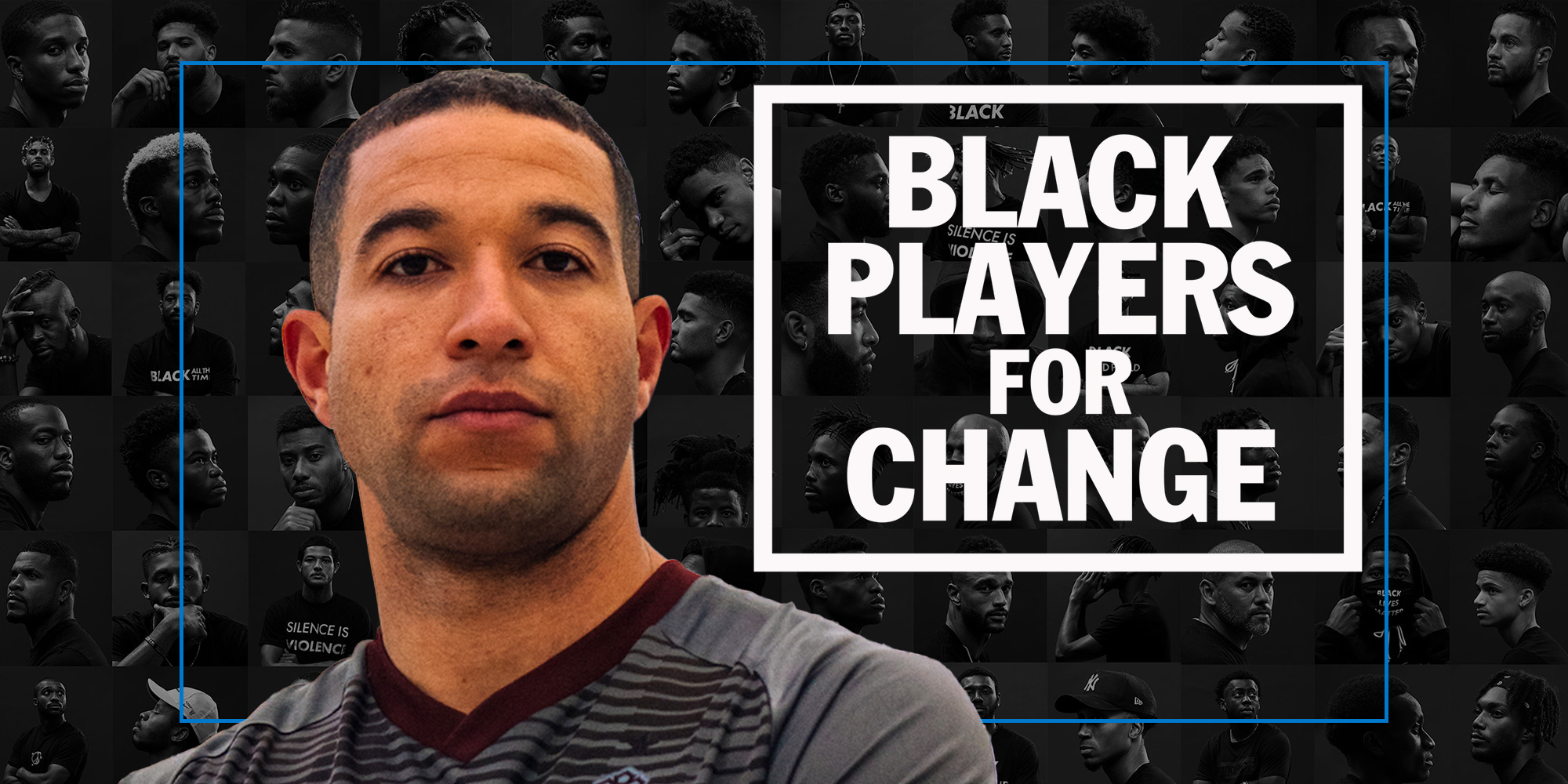For several years, a running gag among young Nigerians on social media has been parents outrightly rejecting the idea of sports as a career path. A marriage between migration and technological advancements has made things easier today, as the lucrative sports industry, particularly soccer and basketball, have a growing number of Nigerians enrolling in training academies from a young age.
While these two mainstream sports continue to dominate in the country, combat sports, originally frowned upon by many Nigerians, have been gaining significant traction this decade, mostly thanks to two combat sports and social media powerhouses: Kamaru “The Nigerian Nightmare” Usman (with more than 3.5 million followers on Instagram) and Israel “The Style Bender” Adesanya (who boasts nearly 8 million on the same platform).
The Nigerian Mixed Martial Arts Federation has existed for about a decade, having been founded in 2014. However, it wasn’t until Jan. 17, 2023, that it was formally recognized by the Federal Government of Nigeria and was bestowed the honor of becoming the official governing body for MMA in the country.
‘Boxing has always been at the top of the combat sports food chain’
Nigeria boasts a growing list of combat athletes, with several high-profile fighters, especially boxers, representing the country abroad. That includes Richard Ihetu, a Nigerian-born boxer known as Dick Tiger, who achieved significant fame during his illustrious career, died at just 42, and is still the only Nigerian in the International Boxing Hall of Fame. While he was a household name, especially among his Igbo tribesmen, the lack of extensive coverage of combat sports before the 2000s dims his legacy and popularity.
By the 2000s, Samuel Peters, another Nigerian-born boxer, began his professional career that brought the sport to the forefront of many Nigerians’ attention. His mainstream triumphs began to shift the mindset of combat sports as a successful career endeavor, but it wasn’t until British-born Nigerian boxer Anthony Joshua’s reign in the early 2010s that a conversation really began to form around the sport.
By 2019, just over a decade into the prevalence of popular social media platforms Twitter and Facebook, combat sports in Nigeria received their largest-ever boost when Usman and Adesanya became UFC champions in the welterweight and middleweight categories respectively. Better yet, they were both loudly and unabashedly Nigerian in their representation, proudly donning Nigerian attires and waving the country’s flags during media runs.
But they also had to start abroad. Usman immigrated to the United States from Edo State when he was barely eight years old, and Adesanya left Lagos for Ghana before settling in Rotorua, New Zealand, when he was 10.
Because MMA is not an Olympic sport, these fighters never had the option of representing America, New Zealand, or Nigeria, and claiming their birthplace was never contended by their respective dual citizenships. Joshua, for example, although vocal about his Nigerian heritage, formally represents the United Kingdom in international bouts.
J.J. Patience, a Nigerian political analyst, recognizes both Usman and Adesanya as the propelling force that has now cemented MMA as a respected sport in Nigeria.
“Boxing has always been at the top of the combat sports food chain in Nigeria,” he said. “Anthony Joshua ensured, through his incredible wins and periodic visits to the country, that boxing continued to enjoy fame among citizens. Deciding to fight for another country but still showing love to Africa really put the sport back on the map, and the early 2010s saw boxing training centers rise in the country.
“However, what Usman and Adesanya have done is outright remarkable,” Patience continued. “Both of these Nigerians becoming champions in 2019 caused a major shift. Suddenly, the government started paying attention to the sport. Little boys geared away from soccer and basketball and saw MMA as a sport worth training in, and parents were enrolling their children in academies, or hiring personal trainers for them.”
While the popular MMA duo is unapologetic about being Nigerian, they may not have succeeded as athletes had they stayed in Nigeria. The country still lacks the infrastructure to aid rising, hopeful fighters in their ascent, and while that’s now changing, neither Usman nor Adesanya would have received the necessary training during their childhoods that would have propelled them to the greatness they’ve achieved.
Thus, a major benefit of the spotlight on Nigerian combat sports talents is that the avenue for talent scouting continues to widen, as foreign scouts are now making their way to Nigeria to watch fights and provide effective training means to rising stars.
Ambassadors for the sport
The pair have used their privilege to raise awareness about combat sports in Nigeria, and continue to work to improve MMA conditions in the country four years after breaking into the consciousness of many citizens.
In his 2021 visit to Nigeria, for instance, Usman was welcomed by high-ranking government officials. He was bestowed the honor of Nigeria’s Tourism Ambassador, and made the announcement — characterized by Arise News as a heralding of hope — he’d establish an academy in the country to train young Nigerians in the art of kickboxing, boxing, and mixed martial arts.
Another major highlight from his 2021 trip was his first-hand experience watching and learning Nigeria’s ancient martial arts style, Dambe. Dambe is an indigenous sport native to Northern Nigeria and involves a pair of fighters, each with one arm wrapped in cloth and secured with a knotted cord. This arm, popularly referred to as the “spear,” is the primary weapon of the sport, and the goal of each fighter is to subdue the opponent’s knee, hand, or body to the ground in submission.
Aliu Sanusi Mohammed, a retired Dambe fighter, recalls a hopeful moment in 2019 that would have introduced the sport to wider recognition but ultimately fell through. After Usman’s visit to a Dambe camp, these efforts were strengthened.
“Sometime in 2019, the Federal Ministry of Youth and Sports Development had made it known that they were attempting to set up an official league for the sport,” Mohammed said. “Many of us older Hausas were elated at the news because it was something we could train our young ones in. The promise we held onto was that the Ministry was planning to take Dambe to the world, and our children would fight with people from all over. By 2020, when the country shut down, so did those plans. When Usman showed up in Nigeria to watch a match, media publications at home and abroad carried the news far and wide, and a conversation about strengthening Dambe’s presence resurfaced.”
‘Nigeria is a very corrupt place’
Adesanya, perhaps due to his foreign upbringing, his sheer courage as a fighter, or both, has used his sizable social media platform to opine about how corruption is damaging Nigeria. Last year on the audio-visual sports podcast, Hotboxin’ With Mike Tyson, he called out Nigerian government officials for always finding ways to siphon money into their personal accounts. “There is a lot of red tape in Nigeria. Nigeria is a very corrupt place. I love my people, but it is just that the government, everyone is finding ways to siphon money,” he said. The clip went viral in Nigeria a year later, and Nigerians on social media praised him for utilizing his voice online to call out what is perceived by many as unjust practices.
In the wake of Nigeria’s controversial Presidential and Gubernatorial elections in February and March of 2023, Adesanya’s viral statements spawned newer conversations about the corrupt practices of government officials. As for what spurred his remarks, Adesanya never disclosed that. While some experts and fans believe that they were due to Nigeria’s corrupt reputation, others are of the belief that Adesanya may have been aware of improper behavior involving the rise of MMA in the country.
Olusegun Elijah, an MMA enthusiast, political analyst, and social media strategist from Lagos, Nigeria believes that corrupt situations may have arisen behind closed doors, and Adesanya was aware of this.
“He continues to fly the flag of Nigeria wherever he goes, but has not yet been publicly roped into serving the country outside of his public declarations of love for his people,” Elijah said, adding that the viral podcast comments “could not have come at a better time.”
“Because of his words, more eyes were introduced to the sport in the country,” he added. “He has the added benefit of wielding a dual citizenship, and that’s served to keep him unafraid of upsetting the Federal Government. Nigerians in the diaspora usually have the confidence to call out several unjust situations back home, mainly because they do not fear a corrupt leader the way the average Nigerian would. They always have sanctuary, and that’s their secret weapon.”
Elijah went on to speculate, “Many have speculated that Adesanya was almost roped into working with the government, with shiny incentives dangled in his face. Whether or not this is true, his loud voice tells the world that he can’t be bought. That’s a partial win for MMA in Nigeria.”
‘You could have something to hate on’
Nowadays, because of social media’s unbridled power, media coverage about the sports industry is at an all-time high, and for combat sports, Usman and Adesanya are at the forefront. This proved especially clear after Usman came under fire for his disturbing Snapchat story messages in January 2022.
The welterweight champion took to the social media platform to post some stirring words that shocked his followers. His comments were targeted at an unknown follower, and read, as conveyed by the Mirror, “Whomever you are watching my story, please just choke yourself.” Another post read, “Better yet kill yourself. Have fun watching my life & not yours.”
Following a heavy backlash, Usman clarified that the posts were aimed at a series of haters who “keeps watching my story so you could have something to hate on.” He attempted to close with some positivity, remarking, “But for the rest of my fans, my actual real fans, I love and appreciate you guys. I always have and always will.”
Nigeria is now on a mission to develop local talent to compete in fights inside and outside the country. Because of the talented MMA duo, there has been an increase in investments toward the advancement of combat sports in the country.
With the help of MMA veterans like Dr. Ebere Bernard, the Director of Youth Development at the Nigeria Mixed Martial Arts Federation, the sport is gaining traction in many indigenous and rural areas in the country. According to Nigerian publication Business Day, he is on a quest to find and train many young Nigerians scattered across the country, in the hopes of finding solid contenders for the world stage.
While his end goal of making MMA the number one sport in the country seems like a far-fetched dream, he’s certainly garnering enough buzz to help put the sport on more lips and in front of more eyes.
As fan bases continue to grow, and the country becomes a more unified entity online, there’s also the allowance for combat sports legends to receive their due recognition, and as younger Nigerians grow in the desire to emulate both Usman and Adesanya, combat sports’ ascent in the country will hardly be able to be contained.
However, the grand issue of corruption in Nigeria concerns many Nigerians. The Federal Government’s recognition of the NMMAF earlier in January ensures the organization’s eligibility to receive funds. This could spell a great deal of misappropriation, which in turn, will prevent up-and-coming fighters from receiving the best training, care, and equipment.
Also, as more Nigerians become involved in MMA, there is the worry that fighters who do not have the luxury of dual citizenship might crumble under Nigeria’s political tensions. A major factor that has made both Usman and Adesanya unabashedly outspoken and daring is because of their exposure to a much better quality of life. There’s no telling what pressure new fighters will be subject to, or if there will be unjust conditions for them to rise through the ranks in the sport.
See more stories from Presser – examining the intersection of race and sports online.

